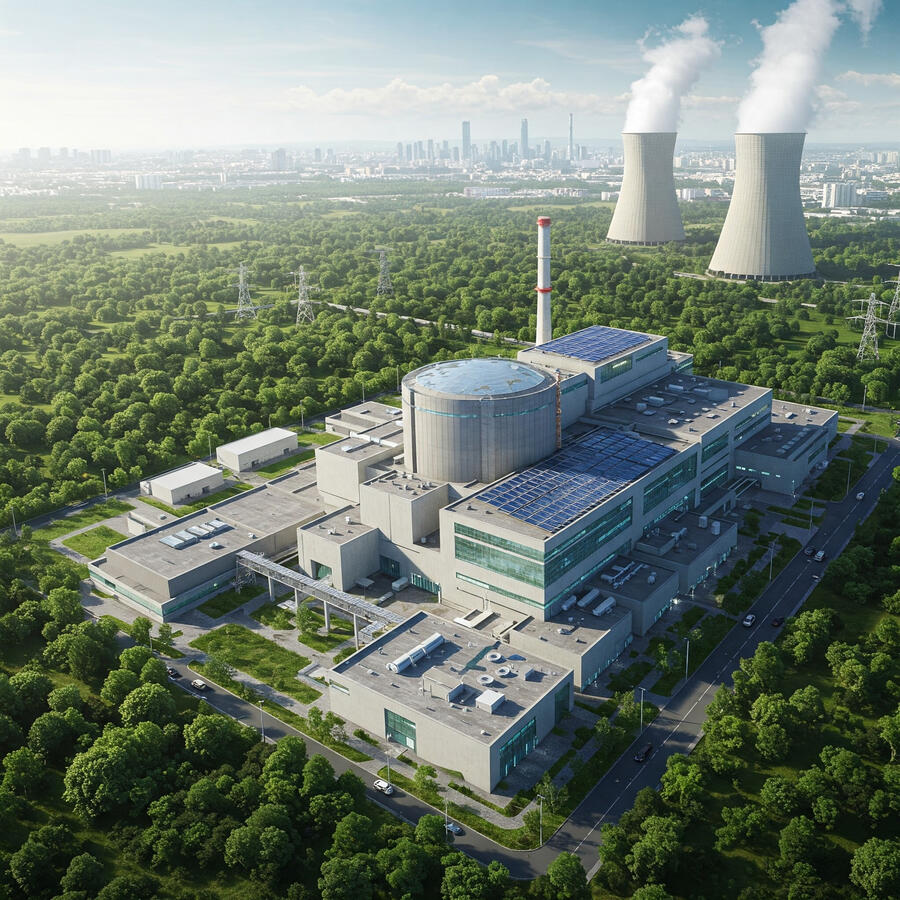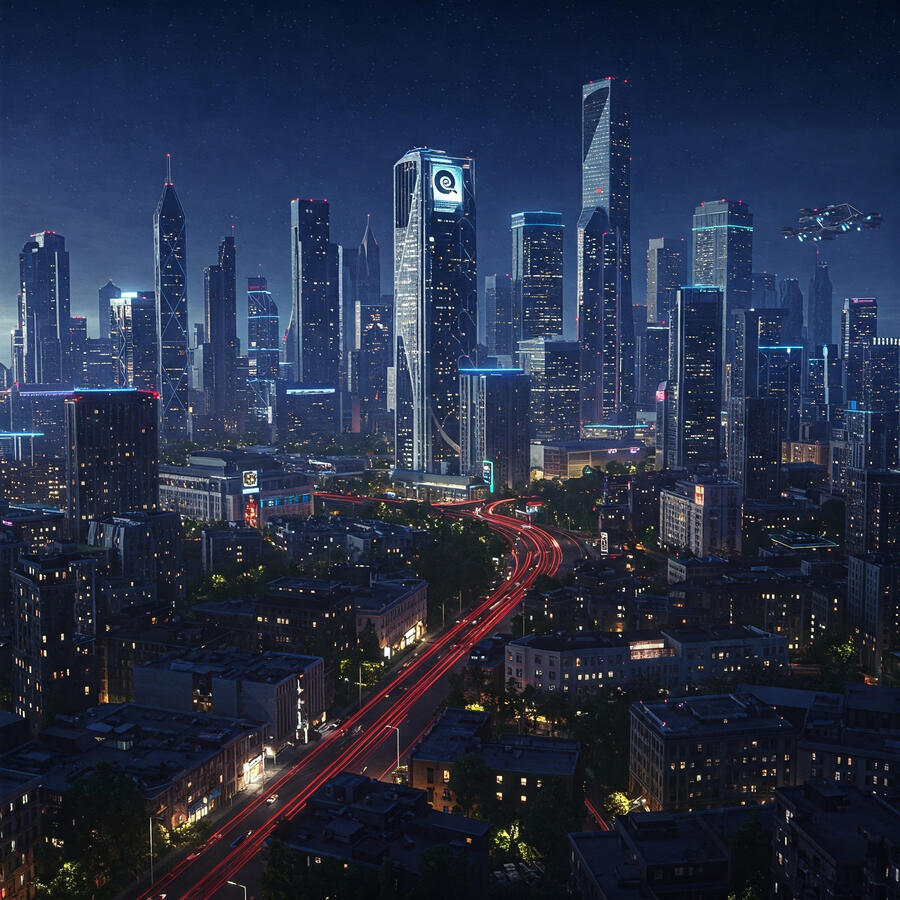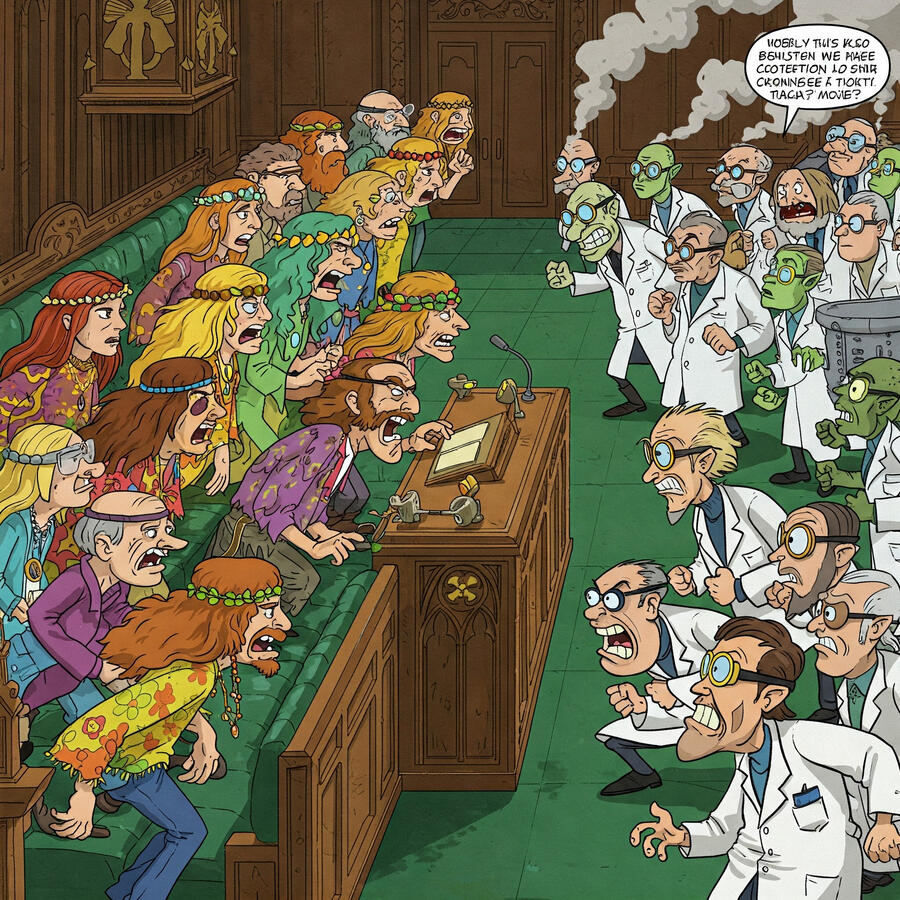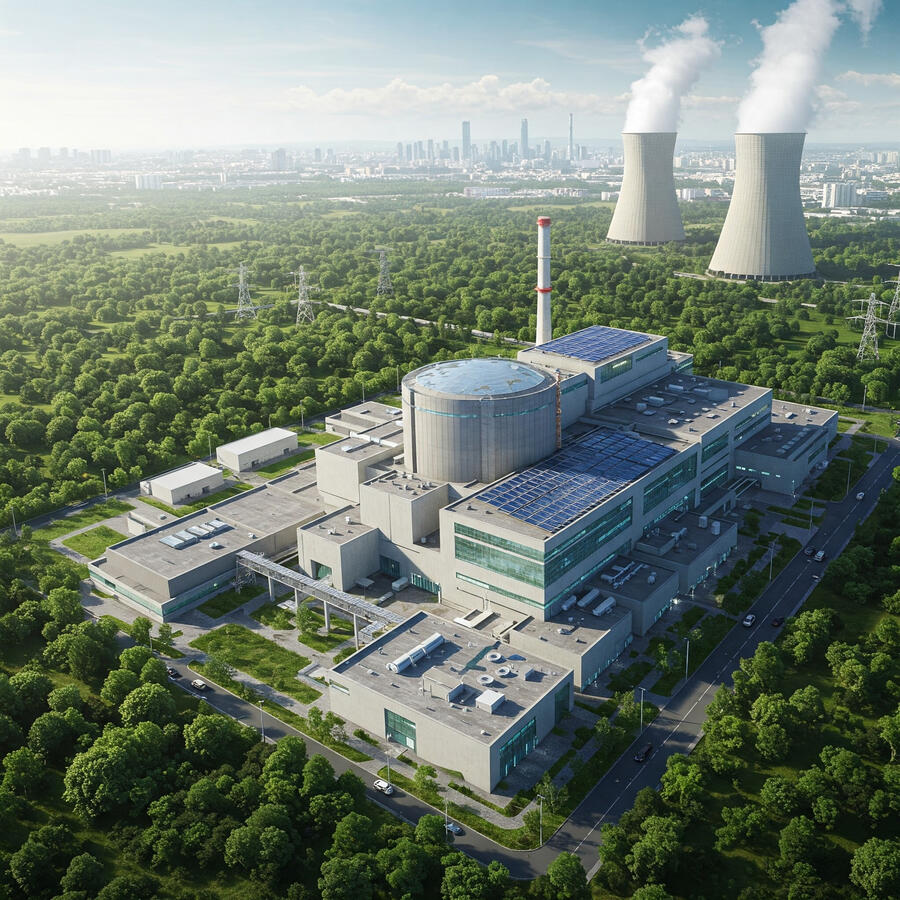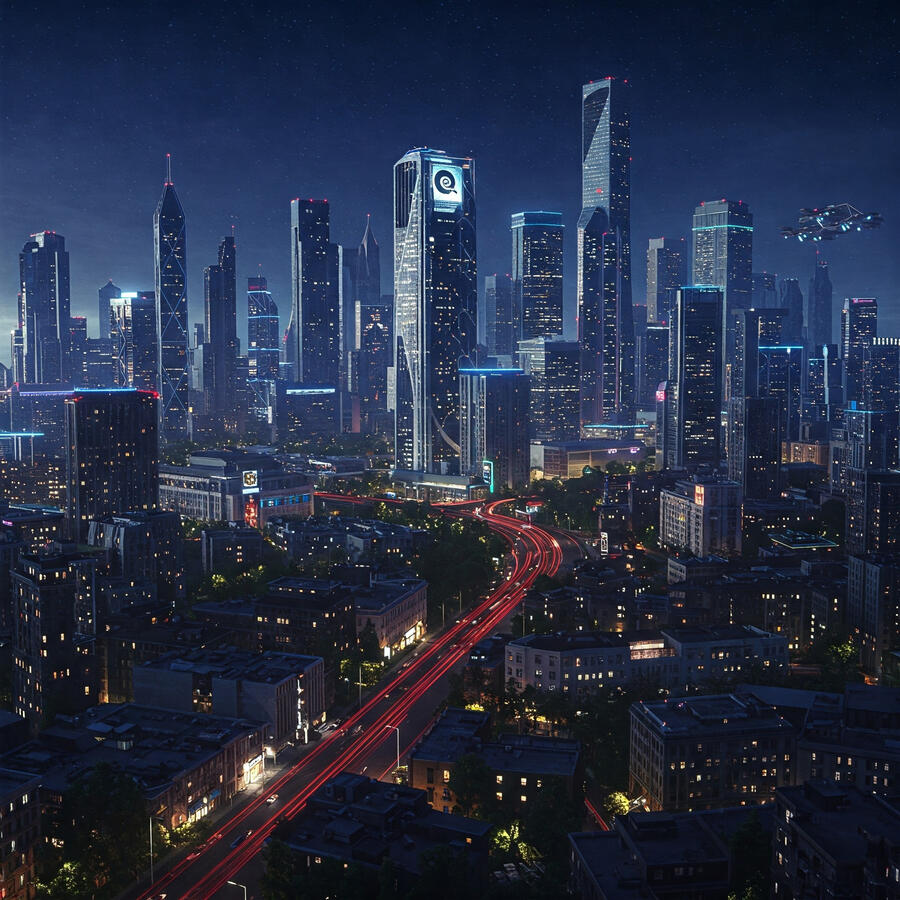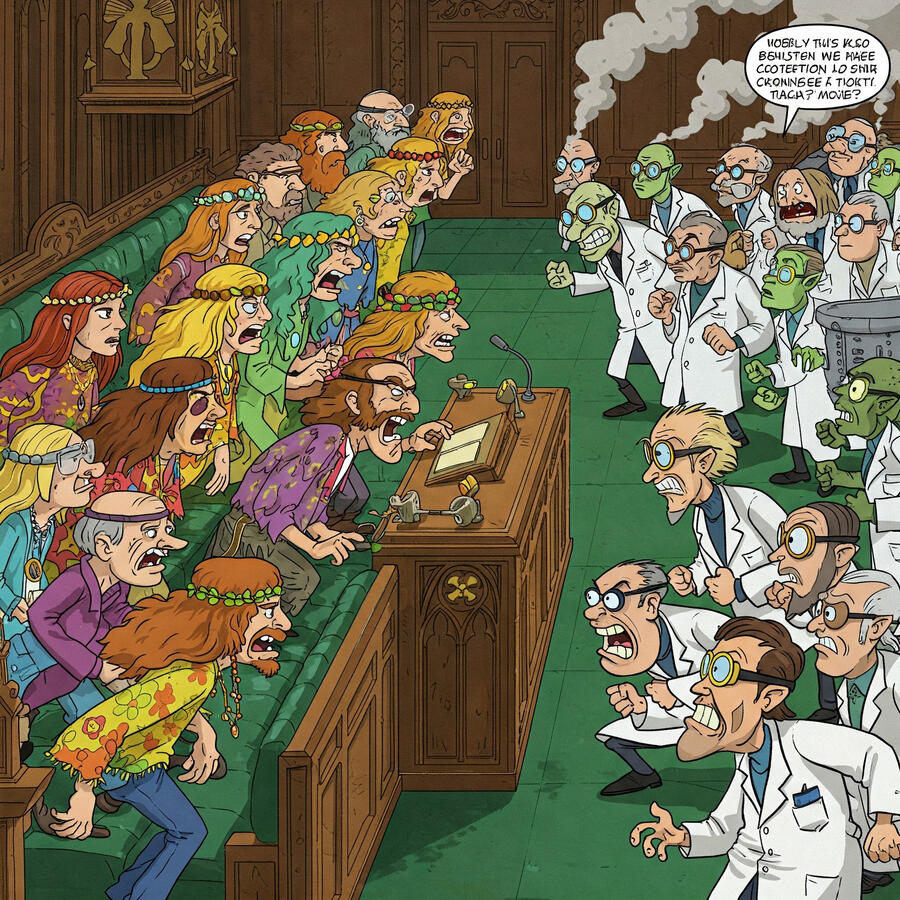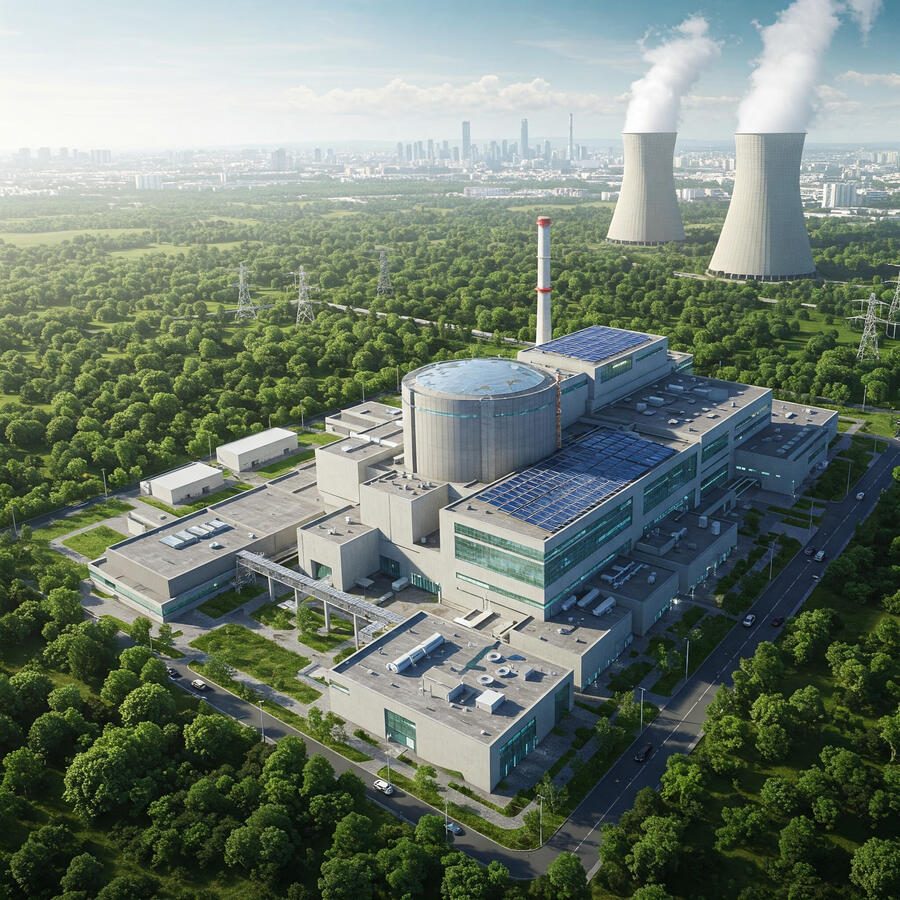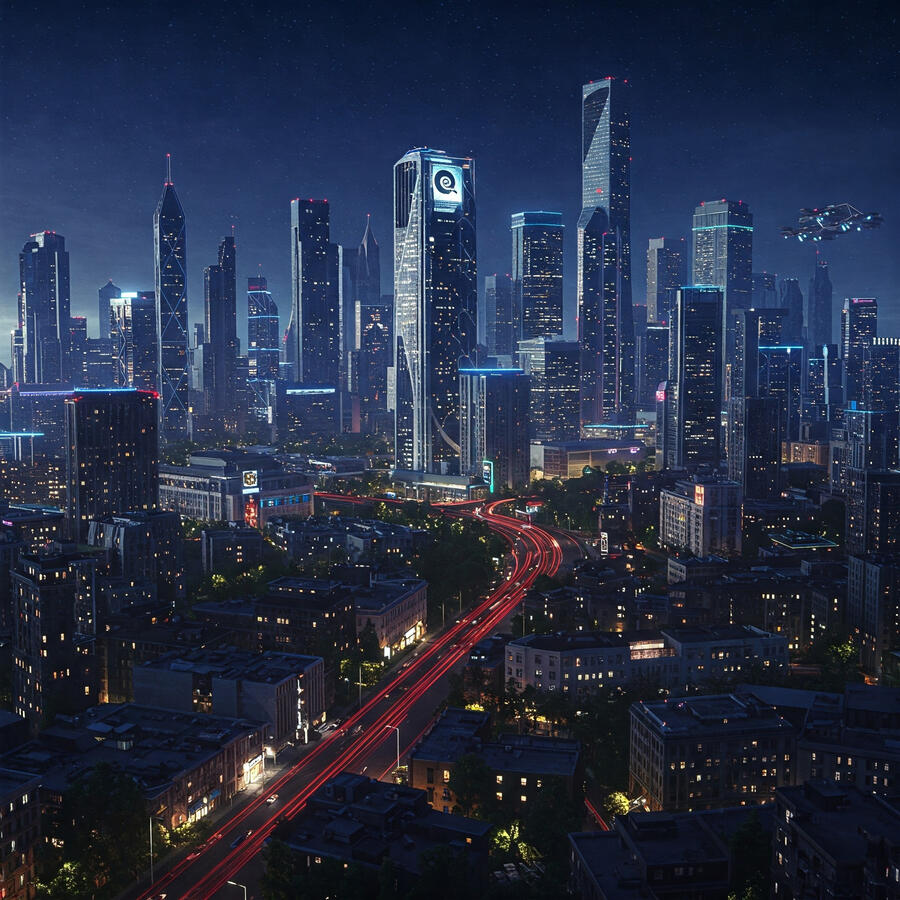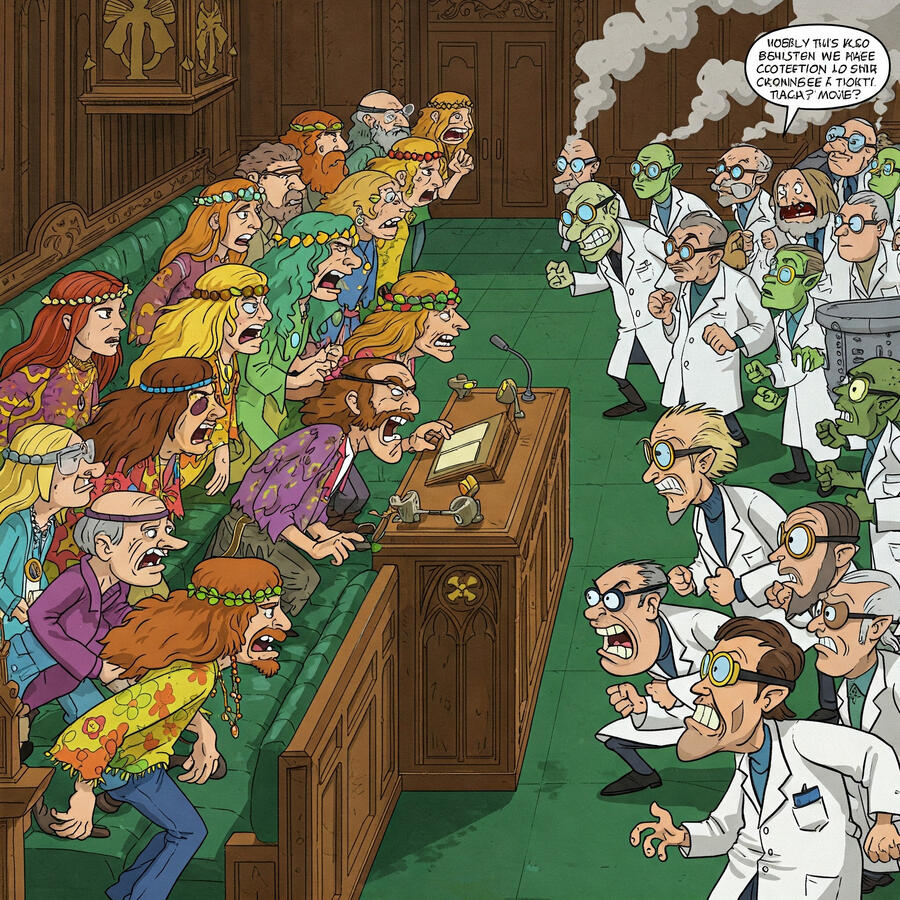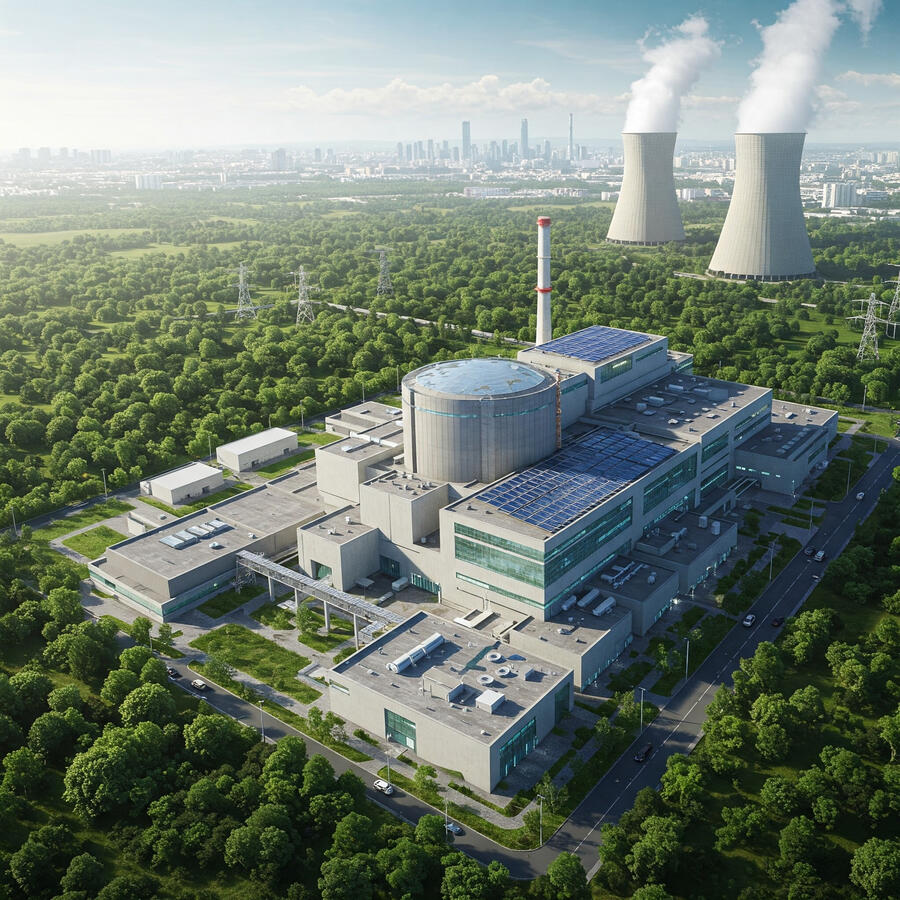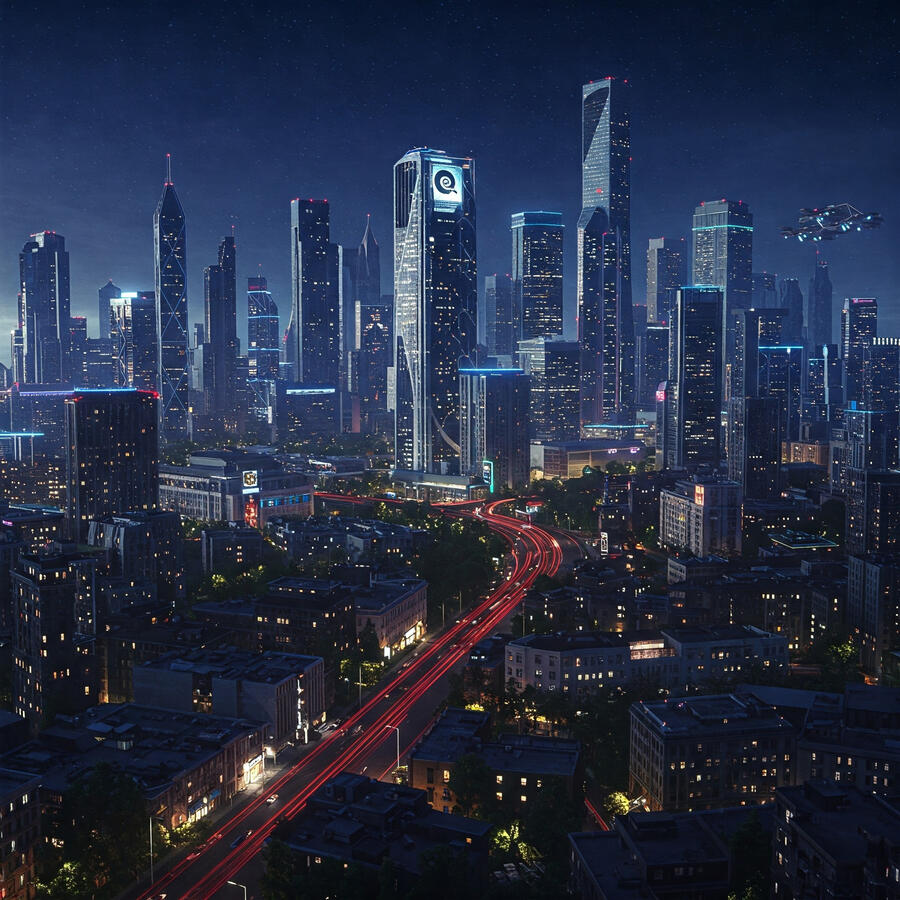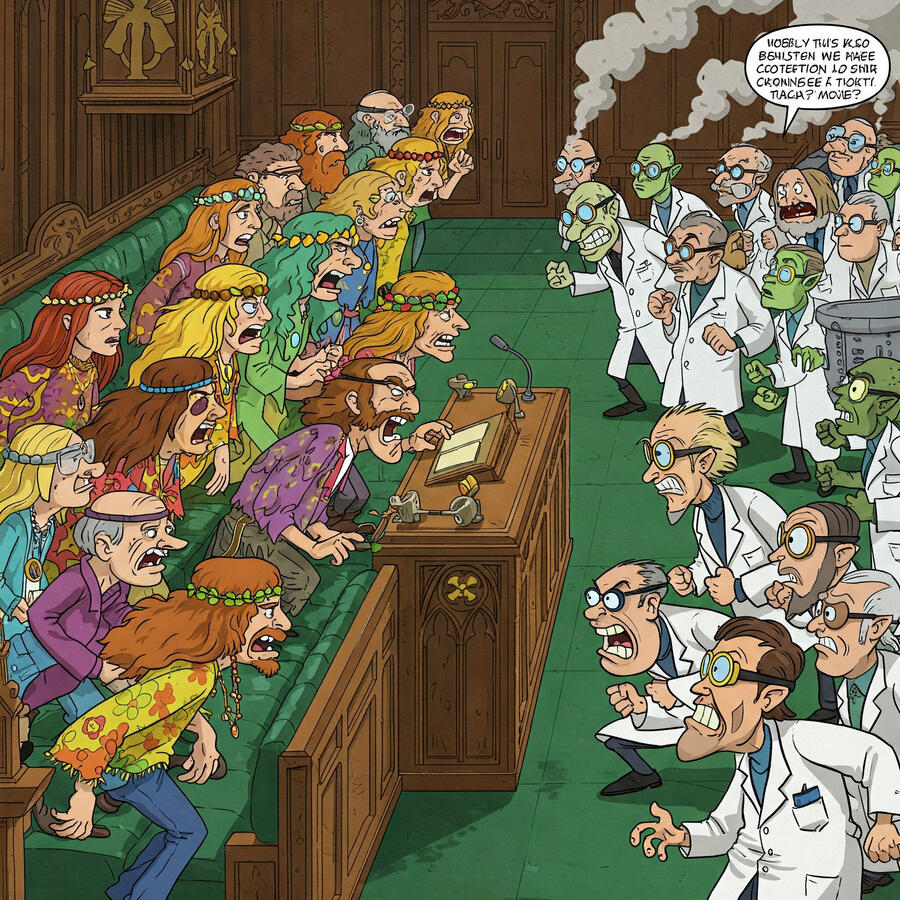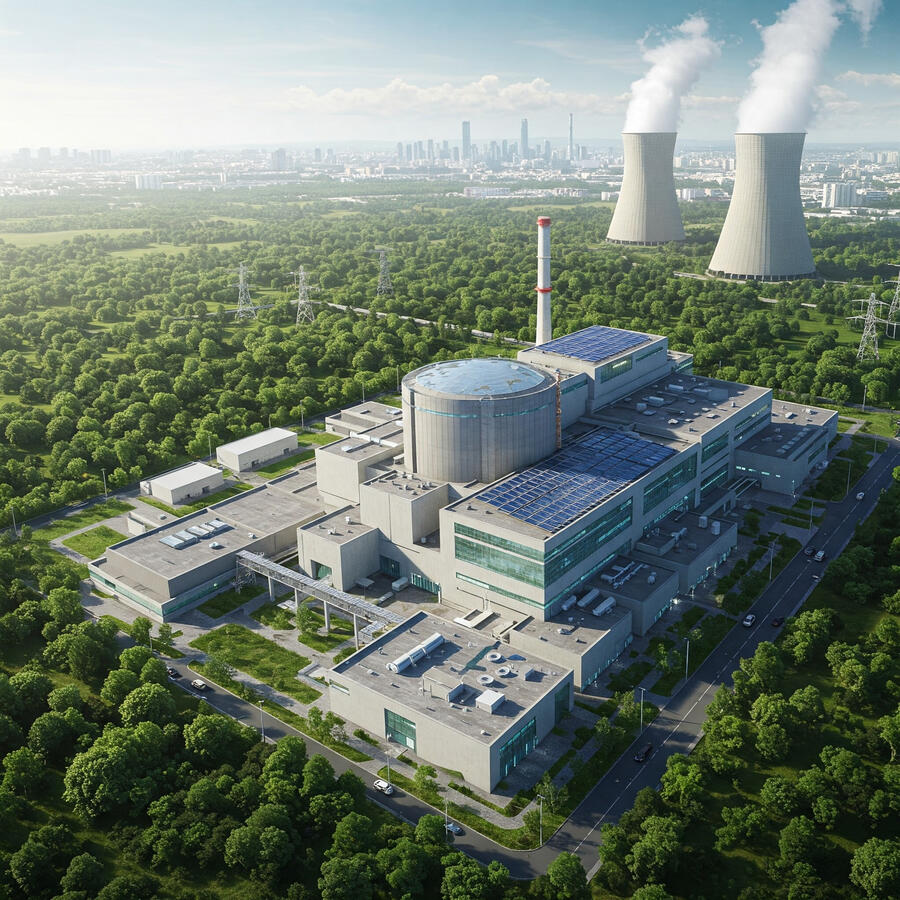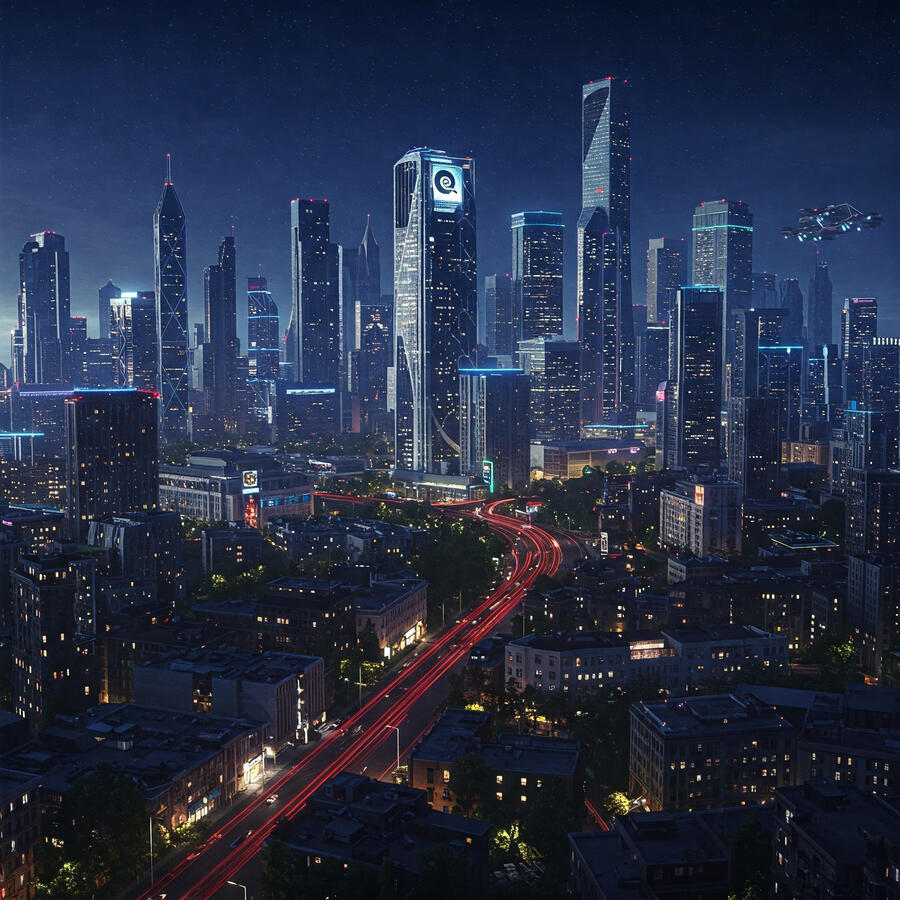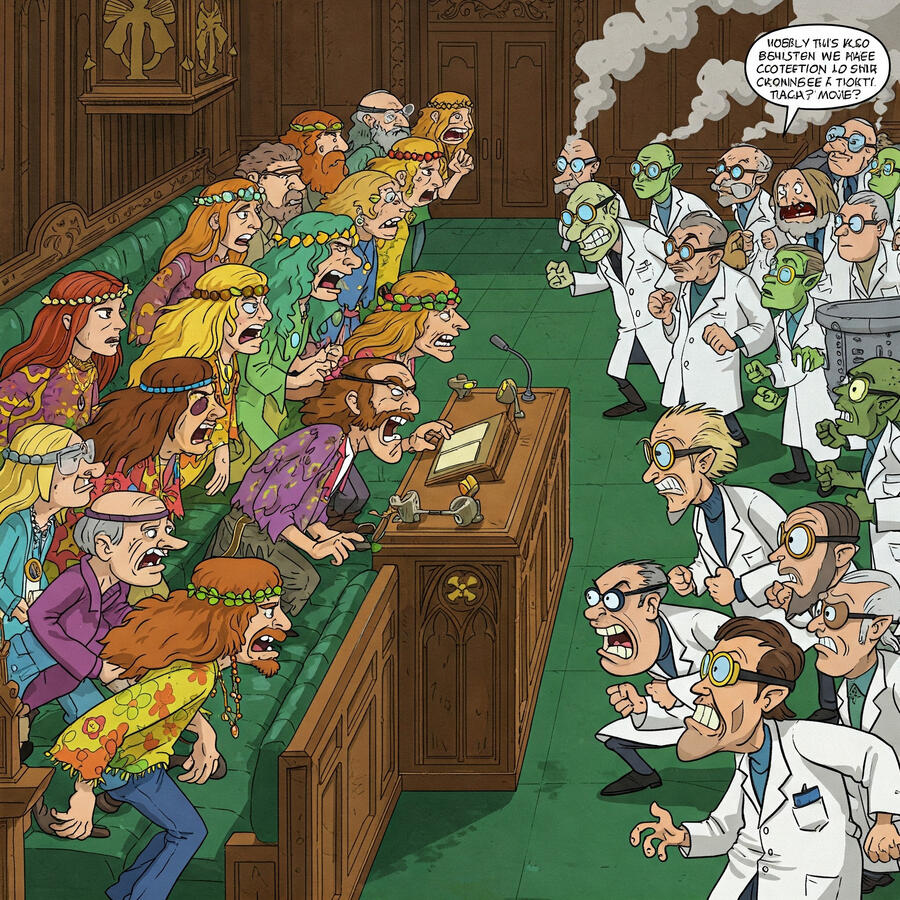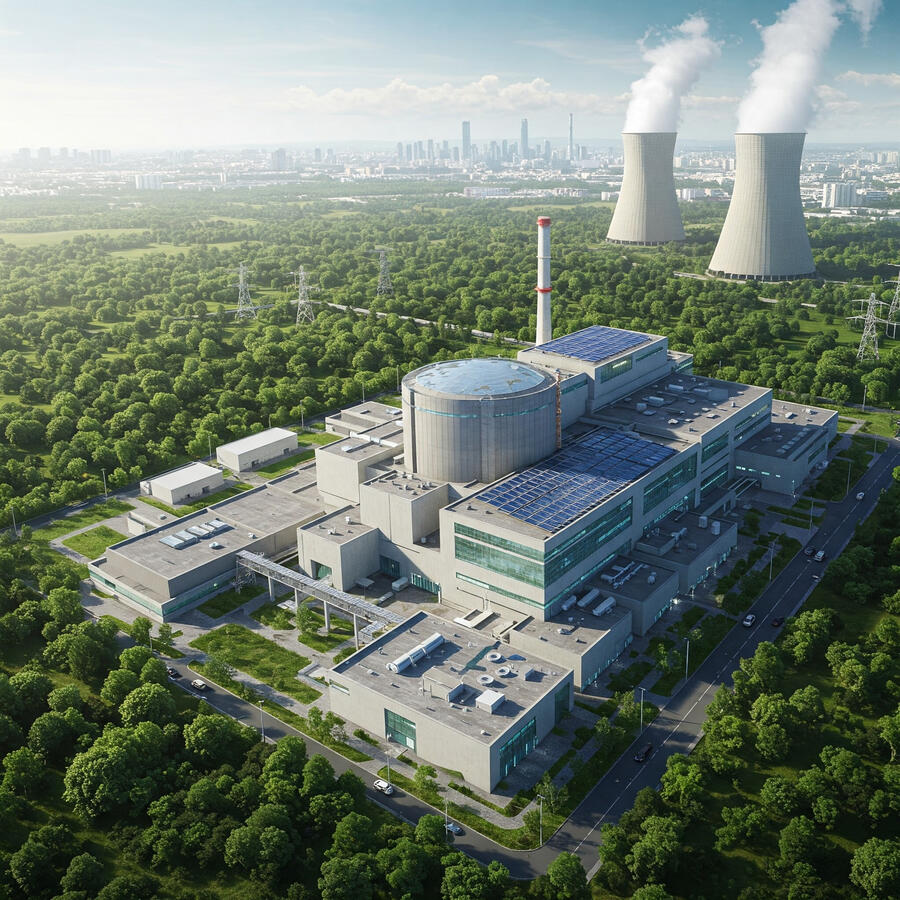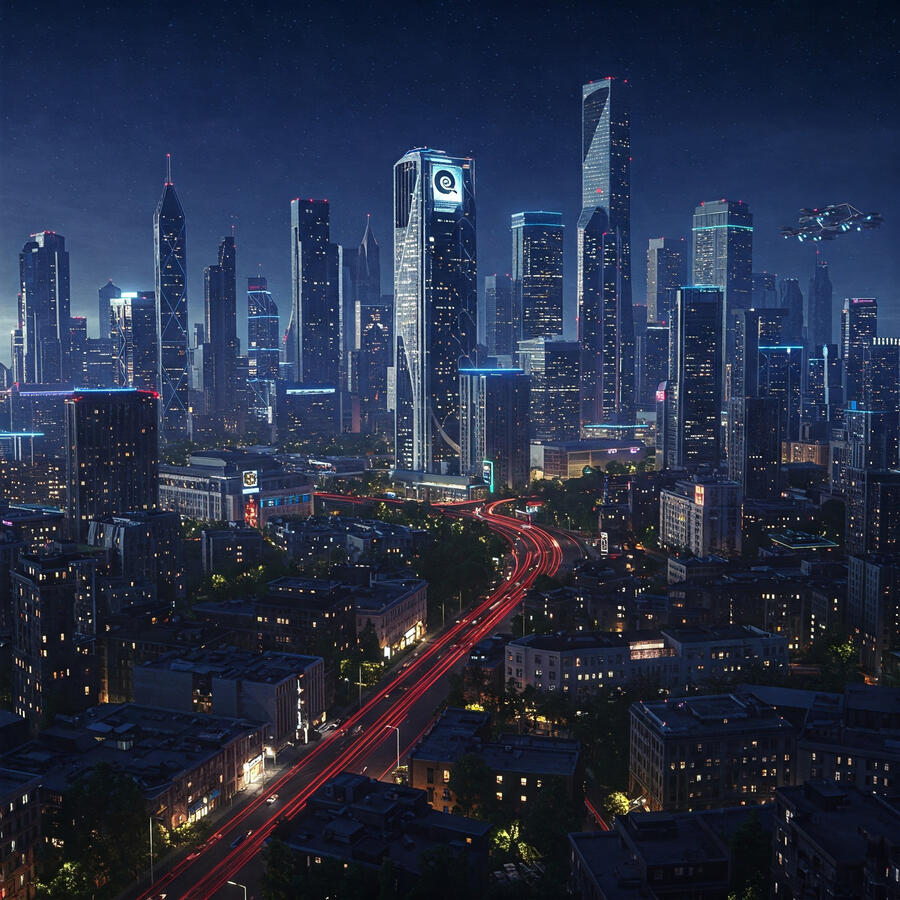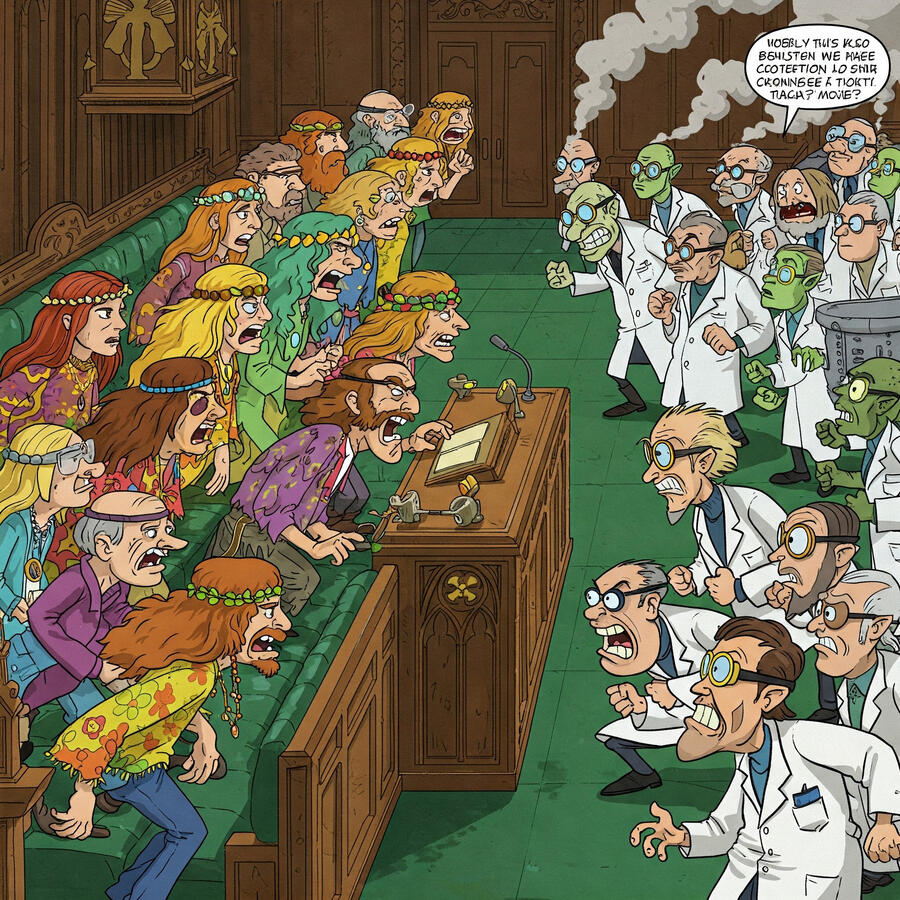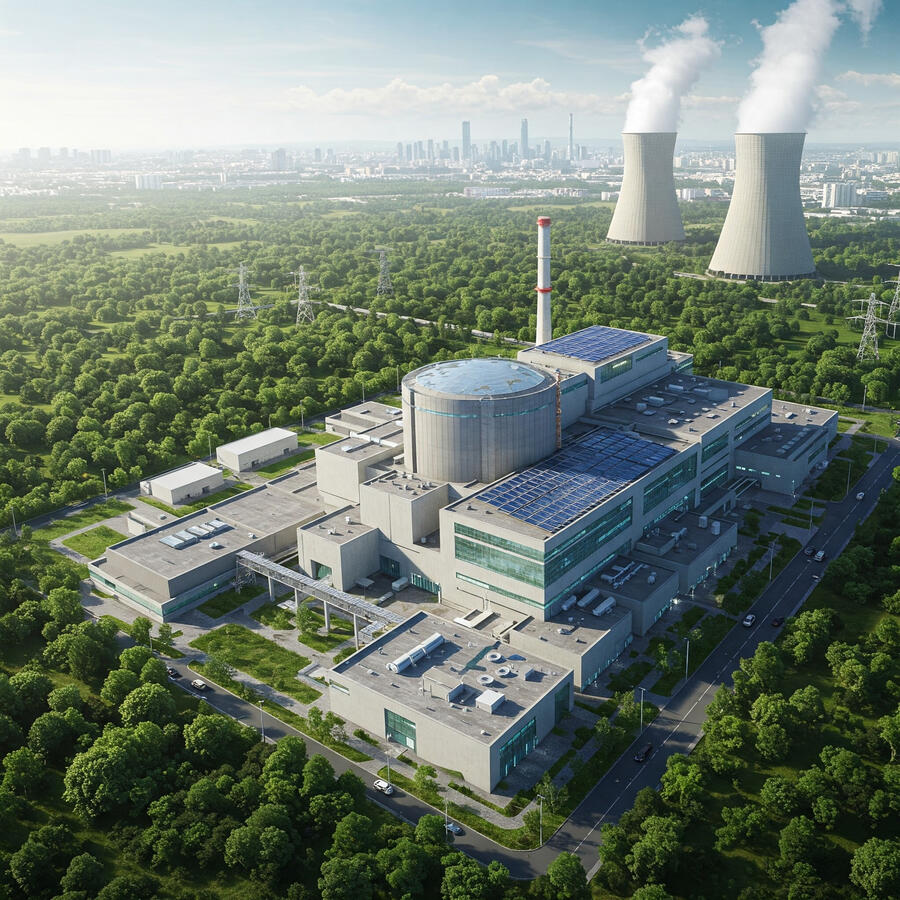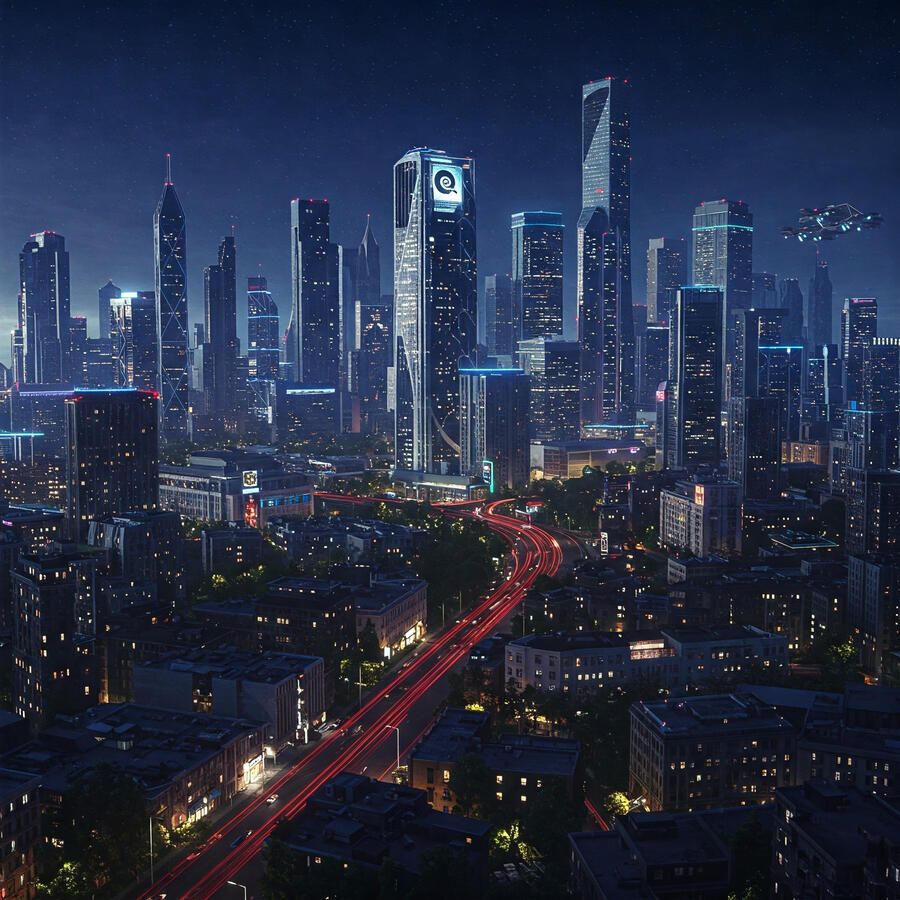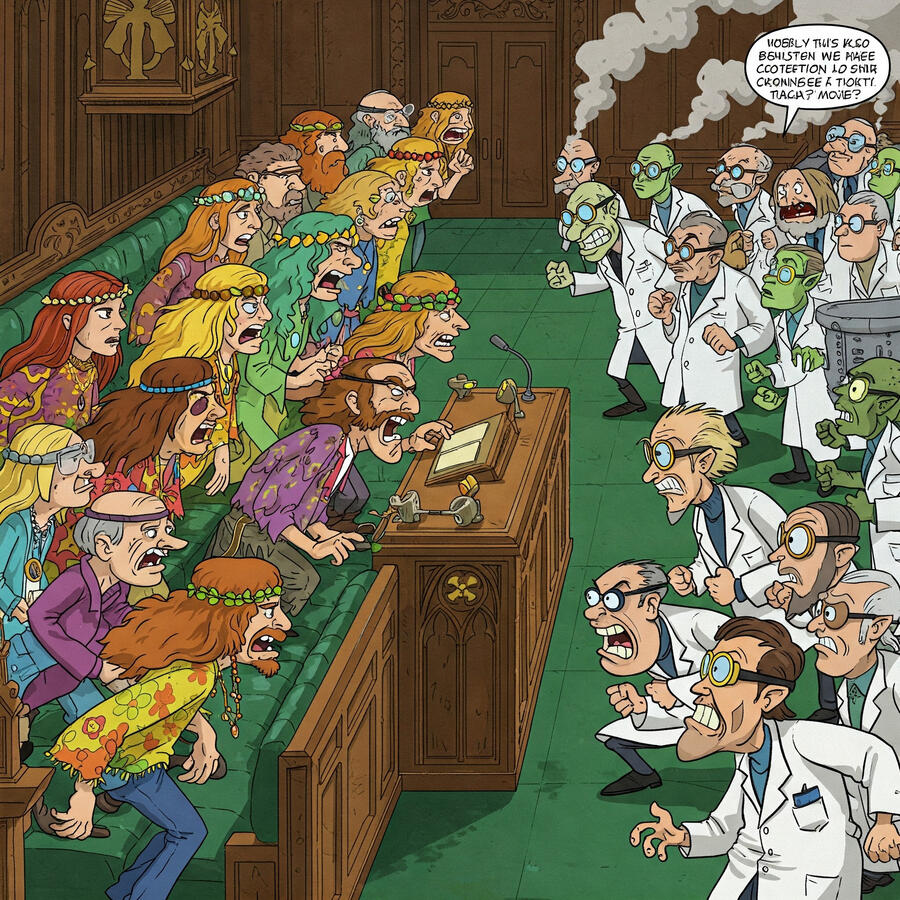.
⚡︎

⚛︎
.
WASHINGTON
POWER & LIGHT
The Practical Future of Energy
.
Essays On Practical Energy Policies
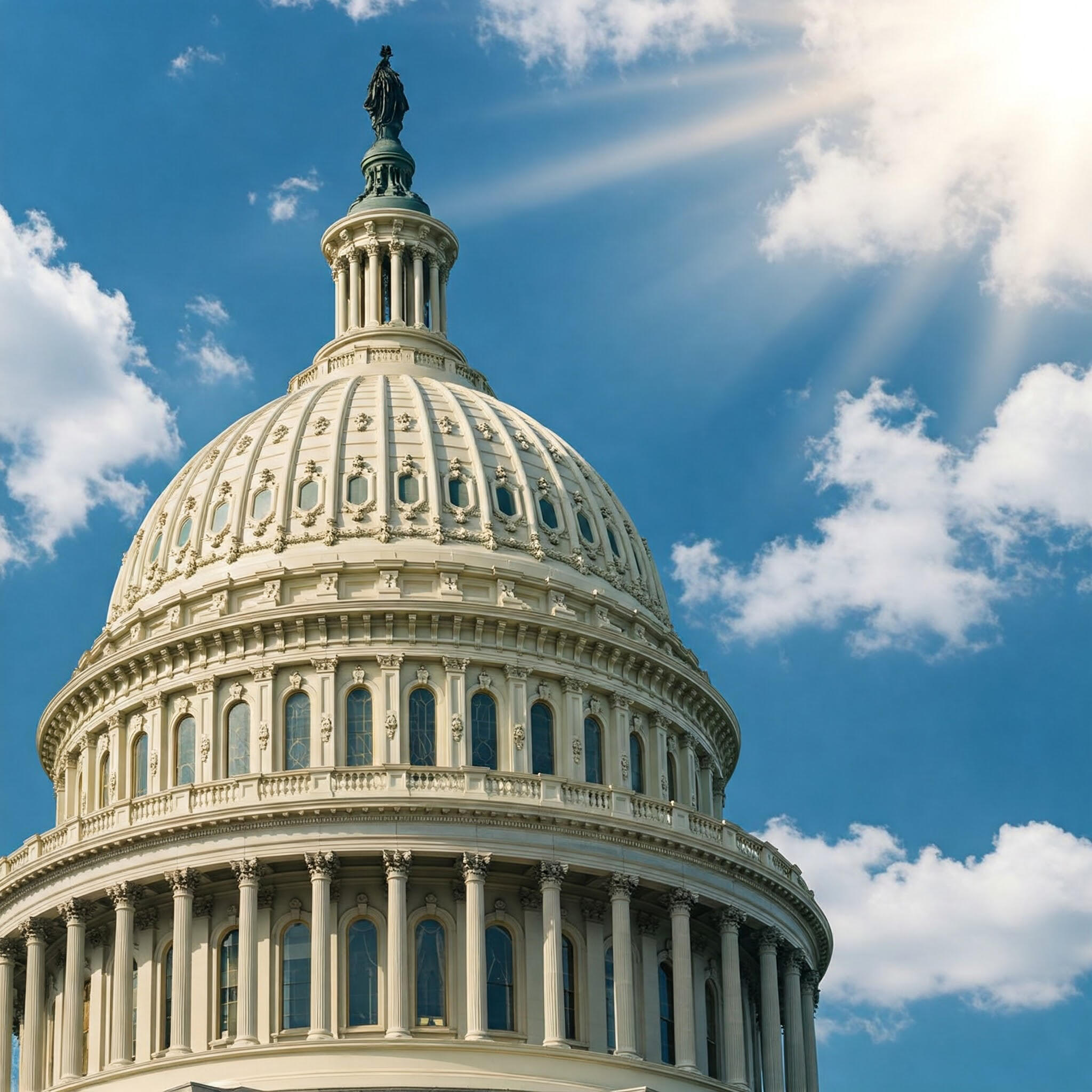
POWER TO THE PEOPLE WITH THE FUTURE OF THE PEOPLE IN MIND...
Washington Power and Light is dedicated to successful energy policies based on their practical application.
.
.
Energy abundance unlocks the ability to
solve many of the world's problems.
- Jeff Garzik
Join Washington Power and Light in
promoting practical energy policy!
Do you believe in the crucial importance of removing the obstacles to modern nuclear energy, the only proven source of safe, cheap, reliable, non-greenhouse-gas emitting energy?
If you share our view, we seek your advice and support.
ABOUT US
Washington Power & Light believes there is social consensus — in America and the world — in favor of sources of energy that are inexpensive, reliable, and safe for our communities and the environment. There are objective, scientific measures which objectively show the means to bring about all three of these important outcomes from supporting practical and effective energy policies. We have launched Washington Power & Light to assist our policy makers with the wise choices necessary to put these policies in place.Washington Power & Light is a project committed to encouraging practical and safe energy policies. Our mission is to inspire and empower individuals and communities to take action towards a more sustainable and equitable energy future for all.
.
OUR CO-FOUNDERS
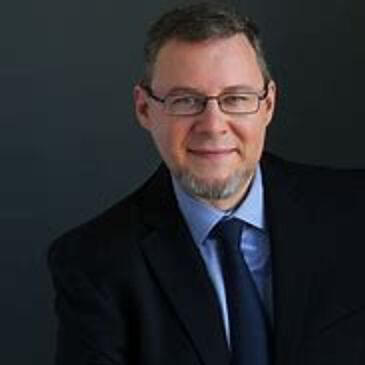
Jeff Garzik
Jeff Garzik serves as the founder and chairman of Washington Power and Light. Before co-founding Bloq, he spent five years as a Bitcoin core developer and ten years at Red Hat. His work with the Linux kernel is now found in every Android phone and data center running Linux today.

Ralph Benko
Ralph Benko serves as cofounder and general counsel to Washington Power and Light. He also worked in or with three White Houses and other federal agencies. He is an award winning columnist.
.
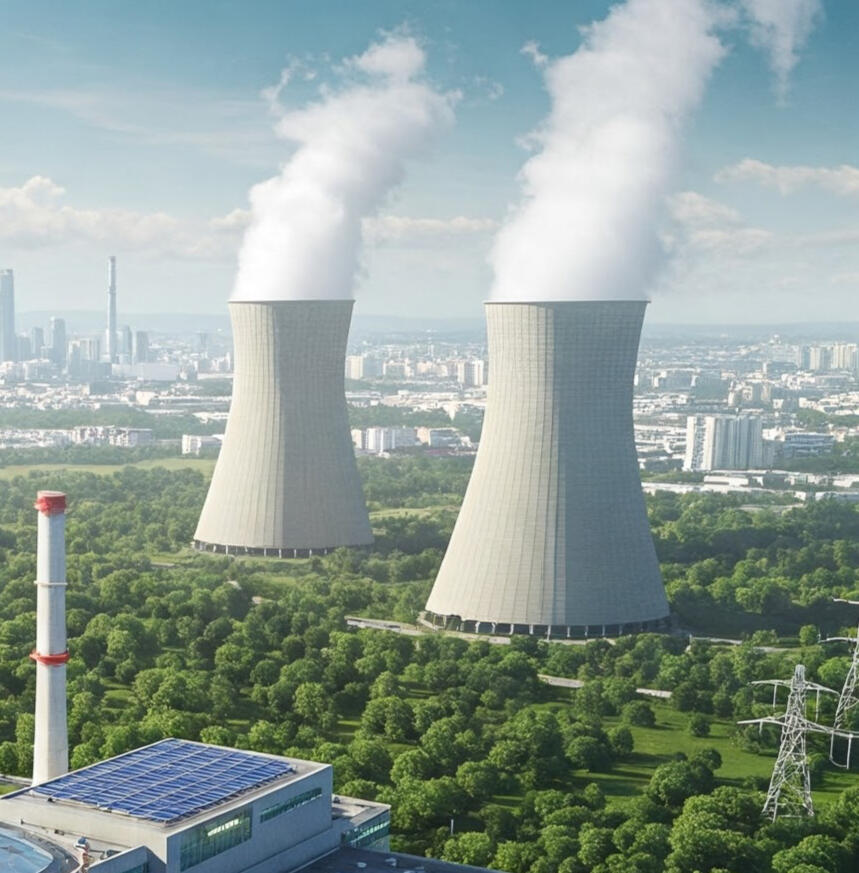
Clean Energy is Our Future
Practical Ideas = Practical Solutions
Welcome to the Washington Power and Light blog, where we're dedicated to exploring the practical ideas that lead to safe, sustainable, and reliable energy policy.
.
Essays On Practical Energy Policies
Goal #1: Lowering ExpenseSome sources of energy are more expensive than others. If those expenses are not covered, the sources are not sustainable. Those expenses are inevitably passed on to the consumers, whether business or household, or to the taxpayers.Some nations, like Germany, have chosen to rely on more expensive sources of energy. Germany’s cost of electricity, 52 cents per kilowatt hour, is almost three times higher than those of the United States, 18 cents per kilowatt hour.That not only raises the cost of heating and cooling the residents’ homes. Click here to learn more about why the cost of energy in Germany is three times that of the United States.Some nations, like South Korea, have chosen less expensive sources of energy, half that of the United States, nearly six times cheaper than Germany, 9 cents per kilowatt hour.Energy costs also effect their cost of manufacturing, which effects the cost to the buyers … and the nation’s competitiveness in world markets.Cost is an important consideration. But it’s not the only one.Goal #2: ReliabilityCost is an important consideration. That said, it’s not the only one. There was a mordant joke in communist countries during the Cold War: “What did communists use to light their homes with before using candles? Electricity.” No matter the theoretical affordability, to appropriate the Washington Post’s former motto: “if you don’t get it you don’t get it.”Some sources of energy, like natural gas, are highly reliable. Others, such as wind and solar, are somewhat reliable in sunny and windy locales but are intermittent. The sun only shines during the day and thus requires backup sources and storage.There are other safety factors, such as the geopolitical. Reliance on geopolitically problematic nations, such as the Russian Federation, caused extensive problems in countries heavily dependent on Russian oil imports such as Lithuania (83 percent of its oil imports from Russia), Finland (80 percent), Slovakia (74 percent), and Poland (58 percent).Goal #3: SafetyEven if our energy is inexpensive and reliable, it must also be safe. There are several essential elements to safety, from accidents to air pollution.While coal is plentiful, thus cheap and reliable, brown coal is the most deadly, with 32 deaths per terawatt hour and coal the second with 24 deaths per terawatt hour.Natural gas is about 10X safer, with fewer than 3 deaths per terawatt hour. Safest of all? Wind, with 0.04 deaths per terawatt hour and nuclear (even including catastrophes such as Chernobyl) with 0.03 deaths per terawatt hour, and solar, with 0.02 deaths per terawatt hour.
The Three Goals of
Practical Energy
Jeff Garzik & Ralph Benko
November 25, 2024
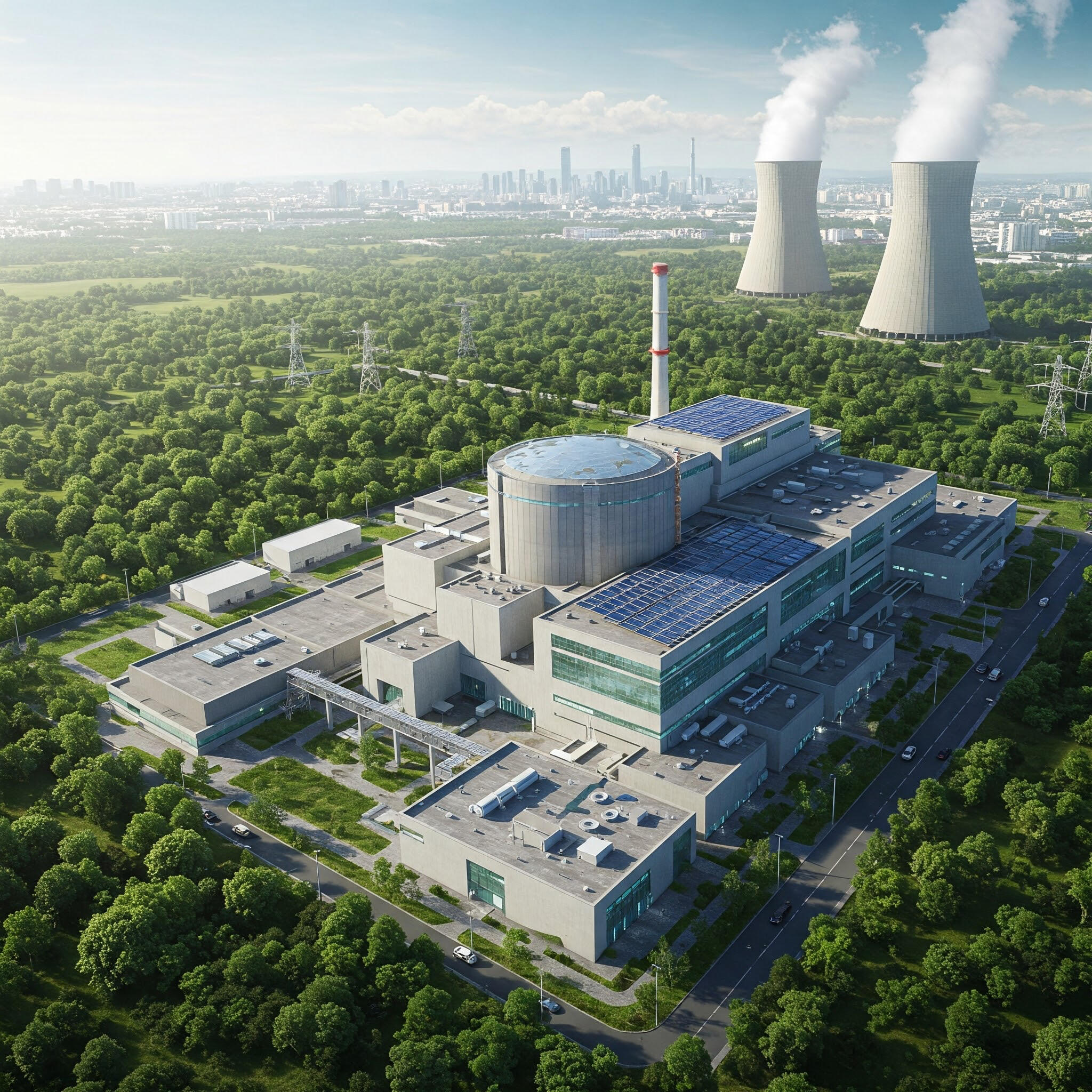
“Energy and persistence
conquer all things.”
– Benjamin Franklin
More

Clean Energy is Our Future
Practical Ideas = Practical Solutions
Welcome to the Washington Power and Light blog, where we're dedicated to exploring the practical ideas that lead to safe, sustainable, and reliable energy policy.
.
Essays On Practical Energy Policies
At the Potomac, Where DC, the Analog Political National Capital, and VC, the Digital Capital, Meet...It may seem paradoxical. But sometimes shortages can be a shortcut to abundance.Economists call that “a forcing function,” explained by the Interaction Design Foundation as“an aspect of a design that prevents the user from taking an action without consciously considering information relevant to that action. It forces conscious attention upon something ("bringing to consciousness") and thus deliberately disrupts the efficient or automatized performance of a task.”Followers of the work of Washington Power And Light, a relatively new DC-based policy institute, know that we are committed to abundance to promote the general welfare. In particular, we promote the recognition that abundant, affordable, reliable energy is crucial both to equitable prosperity and to addressing other important social and civic goals.Among such goals is ecological health, including averting or mitigating the impact of climate change. We consider the data compelling that abundant, affordable, reliable energy is necessary to the provision of national security, food security, water security, factories, jobs, poverty reduction, and equitable economic growth.The, so to speak, high tension between the economy, which depends on reliable, abundant, affordable energy and (in the eyes of the many who consider the emissions from fossil fuels to be driving climate change) the ecology is manifesting in a vivid way just over the border of Washington, DC.Recently, a plethora of articles have appeared in the national press about the mushrooming demand for electricity to power the data centers known, colloquially, as “the cloud.” These data centers consume massive amounts of electricity.The advent of artificial intelligence is dramatically accelerating the demand for electricity for computation. The hundreds of data centers, presumably harboring millions of servers, that power the Internet consume massive amounts of electricity. So much so that the internet needs, now and for the foreseeable future, the resuscitation of coal-fired power plants to generate that power.Rather than finding this alarming, we are welcoming this as providing a “forcing function,” highlighting how essential reliable, abundant, and affordable power is both to our quality of life… and to improving the quality of life in many ways.Washington is shadow boxing with TikTok as a supposed existential threat. To quote the favorite epithet of this president who signed the ban: “Malarkey!”Meanwhile, our politicians have been turning something of a blind eye to the real existential threat that lurks in the magical thinking that we can have abundant, reliable, affordable energy while closing our fossil fuel power generators before they can be replaced by more responsible sources.Like well-proven nuclear power plants.“Digital America,” as centered in Northern Virginia, is helping compel our policymakers to face facts. It is playing a forcing function.We simply cannot yet replace fossil fuels with renewable energy (such as wind and solar) without our electric bills, commercial and residential, in many locales, soaring.And even running the risk of rolling blackouts.We cannot impose renewables without choking off America’s equitable prosperity. Doubt it? Consider how Germany’s infatuation with renewables degraded it from being one of the best economies in the world to the worst performing major economy.Renewable energy is reliable and affordable in some places. But not in places with minimal sunshine and wind. Renewables demonstrably cannot power a prosperous American economy from sea to shining sea.This is manifesting right in Washington’s own backyard.Dominion Energy reports that about 70% of the internet traffic of the world streams through data centers located in that part of Virginia across the Potomac River from DC, that geography which used to be part of DC.It’s almost as if there’s a shadow capital of the digital world adjacent to the official capital of the analog world, the District of Columbia. These data centers, almost invisibly, require lots and lots of electricity. “Dominion Energy currently provides electricity to over 12 million square feet of commissioned data center space. This number is poised to grow significantly thanks to state and local incentives, extensive electric and fiber infrastructure, and a strong workforce.”How much electricity do the data centers consume? Boston Consulting Group reportedly estimates such data centers consume 2.5% of all the electricity America consumes… and that is expected to triple to 7.5%, by the end of the decade.Some estimates of power consumption by data centers are even higher. Some credible sources say that the internet now uses 10% of world energy and is expected, before factoring in AI, to rise to 20% by 2025.And rising fast.That consummate nerdy authority, The IEEE Spectrum, recently reported that:“SCIENTISTS HAVE PREDICTED that by 2040, almost 50 percent of the world’s electric power will be used in computing. What’s more, this projection was made before the sudden explosion of generative AI. The amount of computing resources used to train the largest AI models has been doubling roughly every 6 months for more than the past decade. At this rate, by 2030 training a single artificial-intelligence model would take one hundred times as much computing resources as the combined annual resources of the current top ten supercomputers. Simply put, computing will require colossal amounts of power, soon exceeding what our planet can provide.”“… computing will require colossal amounts of power, soon exceeding what our planet can provide…?”This self-evidently is a much bigger deal than TikTok being too entertaining for our young’uns own good.Now here, on the DC/analogue side of the Potomac, we see the production (and squandering) of vast amounts of political power. On the digital side of the Potomac, northern Virginia (which long ago used to be part of DC), we see the consumption (and productive application) of vast amounts of electric power.As an aside… “Washington, DC?”Libertarians! Rejoice.And despair!Libertarians have been looking to diminish or even abolish Washington since before Ayn Rand dispatched John Galt to Ouray, Colorado. Too late.Washington was abolished as a legal entity in 1871 by the Organic Act abolishing the cities of Washington and Georgetown, replacing those entities with a municipality called the District of Columbia. The seat of local government is called “the District Building,” not Washington DC City Hall.Thus, a specter is haunting America. It’s the ghost of the City of Washington!As one of our old bosses, President Reagan, jovially observed in his most famous pre-presidential speech, A Time for Choosing(1964), “Actually, a government bureau is the nearest thing to eternal life we'll ever see on this earth.”Washington, DC no longer legally exists. Yet we hear its name on the news many times a day.Sure enough, the Organic Act, while abolishing the city of Washington as a legal entity, also stated, “that portion of said District included within the present limits of the city of Washington shall continue to be known as the city of Washington…”“To be known as,” even though it ceased to exist? The shade of President Reagan perched in Heaven must be chuckling. Or … spinning in his grave.Many of those hundreds of data centers are within the area ceded back to Virginia in 1847. And there in that legacy space that used to be part of DC resides… the bulk of the data centers for the Internet.Moreover, as one of us has observed at Hackernoon, there is a real [C.P. Snow “Two Cultures”]() problem between the denizens of the two sides of the Potomac River (over which George Washington never threw a silver dollar).As Amy Zegart and Kevin Childs wrote in The Atlantic, six years ago:“It’s hard to overstate just how foreign the worlds of Washington and Silicon Valley have become to each other. At the exact moment that great-power conflict is making a comeback and harnessing technology is the key to victory, Silicon Valley and Washington are experiencing a ‘policy makers are from Mars, tech leaders are from Venus’ moment, with both sides unable to trust or understand each other. Even the dress codes are vexing and perplexing. In the tech industry, adults dress like college kids. Inside the Beltway, college kids dress like adults.”This cannot go on. We cited Stein’s Law (“If something cannot go on forever, it will stop.”) in our previous HackerNoon column.And now … chickens are coming home to roost. Those Northern Virginia data centers through which most of the world’s internet flows are such power players that the, so to speak, Powers-That-Be are compelled to restore coal-fired electrical generators to supply the needed electricity.Almost Heaven, West Virginia!Conjoining servers -- the most modern, prestigious, and viewed-as-cleanest tech, the digital -- with one of the oldest, déclassé, and considered-dirtiest techs, coal-fired generators, is an odd juxtaposition.That said, there it is. So, let’s face facts.As the Washington Post recently reported:“A helicopter hovers over the Gee family farm, the noisy rattle echoing inside their home in this rural part of West Virginia. It’s holding surveyors who are eyeing space for yet another power line next to the property — a line that will take electricity generated from coal plants in the state to address a drain on power driven by the world’s internet hub in Northern Virginia 35 miles away.“There, massive data centers with computers processing nearly 70 percent of global digital traffic are gobbling up electricity at a rate officials overseeing the power grid say is unsustainable unless two things happen: Several hundred miles of new transmission lines must be built… And antiquated coal-powered electricity plants that had been scheduled to go offline will need to keep running to fuel the increasing need for more power, undermining clean energy goals.…“The $5.2 billion effort has fueled a backlash against data centers through the region, prompting officials in Virginia to begin studying the deeper impacts of an industry they’ve long cultivated for the hundreds of millions of dollars in tax revenue it brings to their communities.“Critics say it will force residents near the coal plants to continue living with toxic pollution, ironically to help a state — Virginia — that has fully embraced clean energy. And utility ratepayers in the affected areas will be forced to pay for the plan in the form of higher bills, those critics say.“But PJM Interconnection, the regional grid operator, says the plan is necessary to maintain grid reliability amid a wave of fossil fuel plant closures in recent years, prompted by the nation’s transition to cleaner power.The national capital, which tends to be an agent of the status quo, is now beginning to discover, right in its own backyard, the deleterious impact of its diktats on the capital of innovation, the digital world.Yes, there will be a legitimate role for renewables to play… in some sunny and windy locales. That said, the free market, not virtue-signaling politicians subsidizing their pet sectors, is the better decision-maker.To paraphrase Churchill describing democracy, free markets are the worst way of finding out how to generate abundant, affordable, reliable energy with its attendant prosperity and, thus, political sustainability, except for every other system that has been tried.Hence, data centers are performing a forcing function for the world economy. All to the good.To see for yourself, just observe the paradox now growing vivid in northern Virginia. There, in the centers through which 70% of the data of the Internet flows, the energy providers are lighting up coal to power and propel these very words from our fingertips to HackerNoon, to you.There are better ways to generate affordable, abundant, reliable power to power civilization without degrading the environment. Data centers are performing the forcing function to accelerate our discovery of how to have the best of both worlds.
A Shortcut to Abundance
Jeff Garzik & Ralph Benko
June 10, 2024

There will be a legitimate role for renewables to play… in some sunny and windy locales. That said, the free market, not virtue-signaling politicians subsidizing their pet sectors, is the better decision-maker.
Originally published on HackerNoon.com.
More

Clean Energy is Our Future
Practical Ideas = Practical Solutions
Welcome to the Washington Power and Light blog, where we're dedicated to exploring the practical ideas that lead to safe, sustainable, and reliable energy policy.
.
Essays On Practical Energy Policies
President Biden’s Energy Boom, the Sop to Cerberus, and Stein's LawWe, the founders of Washington Power and Light, an energy policy institute founded last year, are committed to one guiding principle. Energy (the fulcrum of equitable prosperity) policy should be fact-, not faith-based.America is best served by affordable, reliable, abundant energy. And despite the fog of political rhetoric, we’re getting there. True, billions of dollars of subsidies are being guzzled by various pseudotopian advocates. The Climate Crisis Narrative™ drives tsunamis of greenbacks into policy wastelands.Thus, you might think we are facing Energy Crisis 2.0. Many Republicans sure complain loudly about this.They are wrong.Even the most passionate and cynical of political actors and policy posturers cannot repeal the laws of nature. Even the most enthusiastic True Believers (of both tribes), try as they might, cannot repeal the law of gravity.Or the law of karma.Nor can they repeal one of the most powerful, if obscure, laws of politics. That would be Stein’s Law.Herb Stein, chairman of President Nixon’s Council of Economic Advisors, once observed: “If something cannot go on forever, it will stop.”The “green” energy fad has peaked.Its specter is still haunting the Democratic Party platform. Yet it, to coin a phrase, is losing power.As his party’s as well as our nation’s leader, what’s Joe Biden to do? Here’s what.President Biden is a masterful practitioner of legerdemain in that hall of mirrors called politics. Perhaps Biden is the most masterful living master of this black art.That’s a compliment and not a back-handed one. Biden has managed to keep his fanatical progressive base pacified while still governing pretty darn pragmatically.Remarkable. It just might prove to be the ticket to his re-election.Let’s use energy policy as a lens to help understand what America’s energy policy really, rather than purportedly, is. Then let’s tease out its political and economic implications.Ben Lefebvre at Politico recently presented an elegant Big Reveal.“President Joe Biden is presiding over a historic boom in U.S. energy production, with oil, natural gas and renewable power all setting records that would have seemed unfathomable two decades ago.“And almost no one is happy about it.“All the same, the once-unimaginable milestones keep coming: The U.S. set an all-time record for crude oil production in 2023, outstripping what any country — even Saudi Arabia — has ever produced in one year. Its natural gas exports also lead the world, providing a growing fuel lifeline to Europe and Asia. Wind and solar have emerged as the nation’s fastest-growing power source, and now contribute nearly 15% of the country’s electricity, up from nearly zero 20 years ago.”Confused? Let’s whip out our Secret Decoder Ring and let you in on what’s really going on.Joe Biden is a party animal. He reads the room beautifully and always goes with his Democratic Party’s consensus.For example, Joe (“Dark Brandon”) Biden sponsored the 1994 crime bill (now reviled by progressives).During the Reagan era, following the lead of Democratic thought leaders Dan Rostenkowski, Bill Bradley and Dick Gephardt young Senator Biden voted to cut the top marginal income tax rate from 70% to 28%.During the Clinton era, Senator Biden voted to cut the top capital gains tax rate from 28% to 20%.That was then.Now President Biden is shrewdly pandering to his party’s left-wing base, rhetorically and by throwing [sops to the progressive Cerberus](https://www.merriam-webster.com/dictionary/sop to Cerberus?ref=hackernoon.com).Yes, we cast the progressives as romantic utopian three-headed dogs guarding the gate to Hell who have taken Biden’s party hostage. They’re really good at that!As we said above, however, Joe Biden is a party animal. He knows how to tame his own paper tigers, even his party’s three-headed paper guard dogs.Biden enjoys being president. (Lousy pay but lovely perks.)And he reads the American room as shrewdly as he reads his party’s.Credible national polls persistently show that Americans rank climate change as a low concern. Pew Research ranking that as 18th of the voters’ top 20 polled concerns.The voters’ number one issue? The economy.Which energy supply effects, dramatically and visibly.Meanwhile, Reuters reports that fewer than a third of Americans are willing to pay $100 a year to end climate change. Most of us would have to pay more to reach this average, considering that [22% of Americans are under 18]( https://www.prb.org/usdata/indicator/age18/snapshot/?ref=hackernoon.com) and mostly not yet in the labor force and 17% are over 65 and presumably mostly retired). Thus, even fewer, perhaps dramatically fewer, would support a $140 annual fee.Raising the cost of living for us voters (through taxes, debt, or regulation) is a surefire political loser.Progressives don’t care about losing a battle. They’ve drunk their own Kool-Aid and are dug in to win the war. Politicians, however, care about winning… or losing. Their jobs depend on it.Furthermore, if all Americans from cradle to grave were to pay even $100 a year, on average, it would amount to around $33 billion a year. That’s a drop in the bucket against the projected tab.Per the International Renewable Energy Agency, it’s $131 trillion. Per Bloomberg’s green energy team, as much as $200 trillion to get to net zero. Trillion. With a T.Hence… a politically suicidal tax or deficit increase would raise way, way less than 1% (.00025) of the cost of getting to net zero. Nonstarter.Meanwhile, credible analysts like Bjorn Lomborg are publicly and eloquently dubious that climate change is apocalyptic.High cost, dubious benefit. Not catnip to voters.What’s a president to do?Political prestidigitation, that’s what!The astute Joe Biden knows how to capitalize on the fallacies (prominently identified by the recently departed Daniel Kahneman and his late college Amos Tversky) that drive our actual voting.What drives our votes?Not logic. Cognitive bias.Hopium!Things like the planning fallacy, optimism bias, or illusory superiority. Among many other cognitive biases.Secret decoder ring, please! The Biden administration brags that the Inflation Reduction Act will spend $391 billion on green energy. Some analysts estimate the federal obligation to be over $1 trillion.Even $1T is a drop in the gas tank for the trip to net zero. Not incidentally, that spending would be a substantial contributor to the deficit.Deficit reduction is a far higher priority for voters than climate change.Moreover, Stein’s Law is once again throwing a spanner into the fantasy of the romantic pseudotopian left.Hertz is selling off 20,000 EVs, having discovered, the hard way, that they are more expensive to maintain and less desired by customers than originally imagined. Misreading the product-market fit cost the last Hertz CEO his job.Meanwhile, a commentator at the New York Times reports that “China’s electric vehicles are going to hit Detroit like a wrecking ball.” American auto workers (who vote) are disgruntled.Moving on, the owners of a grandiose multi-billion-dollar offshore wind farm planned to be situated off the coast of New Jersey, encountered economic, well, headwinds with the death of ZIRP. They are shutting it down, leaving the Danish investors with a $5+ billion write-down.The time is out of joint.Yet Stein’s Law remains in effect.Shrewd Joe Biden was able to claim, to his progressive environmentalist-LARPing Democratic base, that he led heroically and therefore is not to blame for the failure of these hopium-based policies to stick.Biden’s renomination? A layup.Then he gets to pivot and show the American people that America is generating more energy than ever before in history and more than any other nation. Win-win!As the great American philosopher Ralph Waldo Emerson observed, “A foolish consistency is the hobgoblin of little minds, adored by little statesmen and philosophers and divines.” We Americans, however, rarely care about consistency, foolish or otherwise, especially from our politicians.Meanwhile, the GOP, with its paper-thin House majority, has seen its base splinter repeatedly. This internecine warfare has crippled its ability to advance the GOP agenda. (If it even can formulate one: “Reply hazy, try again.”)One can but pray that the talented Speaker Johnson proves as shrewd at pacifying his base as Joe Biden is. That said, with friends like MTG, who needs enemies?Do not despair. It was ever thus.As Winston Churchill observed in 1947:“Many forms of Government have been tried, and will be tried in this world of sin and woe. No one pretends that democracy is perfect or all-wise. Indeed it has been said that democracy is the worst form of Government except for all those other forms that have been tried from time to time.…”Welcome to representative democracy.
Prestidigitation!
Jeff Garzik & Ralph Benko
April 13, 2024

Progressives don’t care about losing a battle. They’ve drunk their own Kool-Aid and are dug in to win the war. Politicians, however, care about winning… or losing. Their jobs depend on it.
Originally published on HackerNoon.com.
More
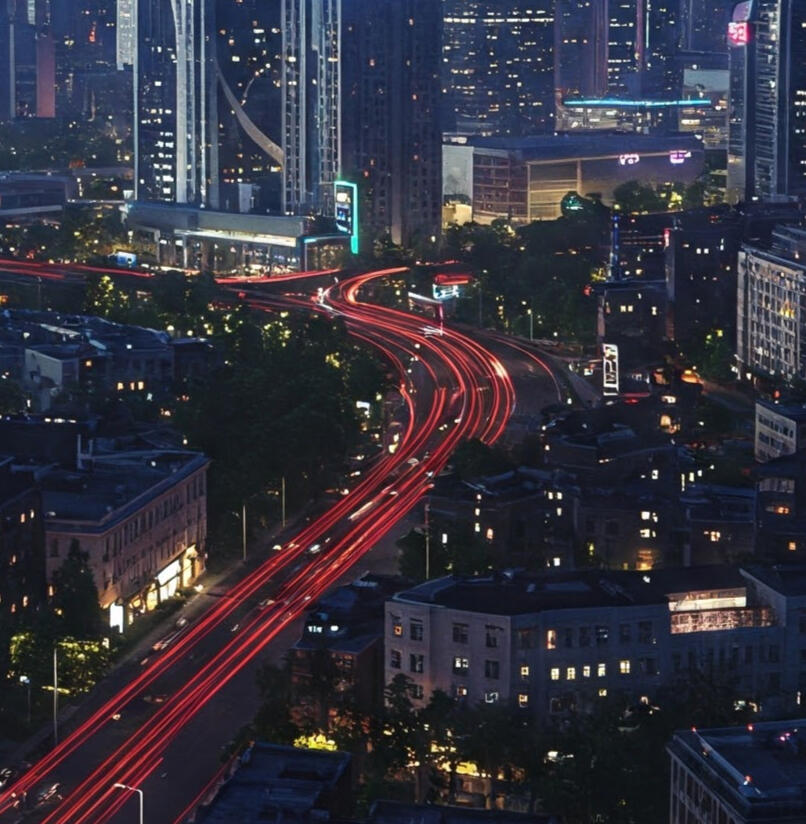
Clean Energy is Our Future
Practical Ideas = Practical Solutions
Welcome to the Washington Power and Light blog, where we're dedicated to exploring the practical ideas that lead to safe, sustainable, and reliable energy policy.
.
Essays On Practical Energy Policies
Enter Energy/Acceleration.We agree with the recently published Techno-Optimist Manifesto, hailing, among other things, the importance to civilization of energy and, thus, of good, practical energy policy. Abundant, reliable, readily affordable power is what unlocks a nation's dynamism, builds factories, creates jobs, enhances national security, and reduces poverty and famine.A specter is now haunting those of us (including us) who believe that equitable prosperity is a great thing for people and the planet both. This specter is the shade of those who are anti-technology and anti-prosperity.Pro-prosperity goes under the rubric of e/acc, shorthand for “effective accelerationism.” As an aside, that might be a coinage derived from “effective altruism.” The latter had its day, although now is tarnished by the spectacular fall of its most enthusiastic and flamboyant promoter, Sam Bankman-Fried.The opponents of tech, and of its attendant general prosperity, have been dubbed the “decels.” Possibly a sly allusion to “incels.”e/acc also goes by the term “techno-optimism.” Many prominent center-leftists are at least as enthusiastic about the promise of technology to improve the lives of people and the planet as are the card-carrying members of the vast right-wing conspiracy.Techno-optimists tend to lean libertarian, whether left or right. Prominent among the leading proponents are masters of the universe Marc Andreessen, Ben Horowitz, Bill Gates, Vitalik Buterin (with stated reservations about AI), and Peter Thiel. Also notable are economist, blogger, and journalist Noah Smith ([an incisive self-professed political southpaw]()), public intellectual Peter Zeihan, who refers to the process of deindustrialization now underway as “de-civilization,” and Ryan McEntush, who presents at a16z with exceptional clarity on matters such as how to scale nuclear power.The villains in this drama are those who committed to “degrowth,” or shrinking the economy, perhaps best exemplified by the “specter of degrowth communism” of “Kohei Saito, the rising star of contemporary Marxist thought….”Marxists Never Cease To Delight in Spectral HauntingMarxists just never cease to delight in spectral haunting. Some people just have to learn the hard way.We’ve written about the tussle between us techno-optimists and the luddites at Toward a Pragmatic American Energy Policy; To Build or Not to Build; at Washington? Just Face Facts; and at Yankee Ingenuity. Let’s up the ante.The sweet spot of Washington Power and Light, our policy institute, is good energy policy, the foundation of equitable prosperity. In that, we are not alone.Marc Andreessen recently, in his The Techno-Optimist Manifesto, wrote:“Energy is life. We take it for granted, but without it, we have darkness, starvation, and pain. With it, we have light, safety, and warmth. We believe energy should be in an upward spiral. Energy is the foundational engine of our civilization. … We believe we should place intelligence and energy in a positive feedback loop, and drive them both to infinity. We believe we should use the feedback loop of intelligence and energy to make everything we want and need abundant.”And as Noah Smith observes in Don’t be a Decel:“Energy technology is arguably the most important kind of technology that humans create, since everything else we do is downstream of our ability to harness energy.”It isn’t very romantic of us, but … our mission is to encourage policy based on real-world data to produce great results, rather than relying on faith-based dreams we call “hopium.” We consider ourselves proud pragmatists.Pretty much everyone, including the innumerate, has heard of Einstein’s E = mc2, energy equals mass times the speed of light squared. PBS calls it the world’s most famous equation.While it is profound to prove that energy and matter are interchangeable, in day-to-day terms it’s not the most important equation around.We nominate, instead, e2/acc: effective energy accelerationism.Capitalism’s MonsterThose advocating economic “shrinkage” (to steal a phrase from Seinfeld) are an odd lot. Consider the frailty of the romantics, like Saito. He was critiqued by Thomas Fazi at Unherd, as “capitalism’s monster.”To wit:*“To the billions of people who still live in extreme poverty, and the millions who don’t even have access to electricity, Saito’s vision of degrowth communism, and his plea to scale back production and consumption, is unlikely to be very appealing. In fact, Saito’s insistence that countries in the Global South should refrain from pursuing growth — even ‘green growth’ — might very well be seen as a form of Western eco-imperialism.“It’s a view that is completely at odds with global realities.”Capitalism’s monster?At odds with reality?Yeah, that’s our poster child villain, all right!Curtis Yarvin: the greatest living Hobbesian philosopher, formidable poet, and classic antihero, declares Trotsky at Burning ManAmong others in the techno-pessimistic camp is the always interesting contrarian Curtis Yarvin – the greatest living Hobbesian philosopher and poet, a classic antihero rather than villain, and possibly simply being arch – recently published “a techno-pessimist manifesto.” Therein, he wrote:“Where did this ideology come from? While the connection is obviously a coincidence, techno-optimism is a curious historical match for another deeply American ideology from the 20th century: Trotskyism.“In Literature and Revolution (1924), Trotsky wrote:“Through the machine, man in Socialist society will command nature in its entirety, with its grouse and its sturgeons. He will change the course of the rivers, and he will lay down rules for the oceans. This does not mean that the entire globe will be marked off into boxes, that the forests will be turned into parks and gardens. Thickets and forests and grouse and tigers will remain, but only where man commands them to remain. And man will do it so well that the tiger won’t even notice the machine, or feel the change, but will live as he lived in primeval times. The machine is not in opposition to the earth. The machine is the instrument of modern man in every field of life…“One can easily see Trotsky at Burning Man….“Here again the ‘scientists, technologists, artists, and visionaries beyond our wildest dreams.’ Was Trotsky the first ‘effective accelerationist?’ Life takes you funny places.”“Life takes you funny places.” True!Washington Power and LightLast year, we constituted a new, tech-savvy think tank in Metro DC, Washington Power and Light, to advocate for, to quote Bastiat (see below), a “real, serious and pragmatic” energy policy, a policy rooted in technological reality rather than “pretty to think so” romantic dreams.Thus, we heartily welcome a recent big reveal at Ben Horowitz’s blog, “Politics and the Future,” that a16z has desired to engage politically, seriously, to conduct a savvy “revenge of the nerds” political crusade to make the pro-techno worldview stick:“We believe that advancing technology is critical for humanity’s future, so we will, for the first time, get involved with politics by supporting candidates who align with our vision and values specifically for technology.“While “Big Tech” is well represented in Washington D.C., their interests are often at odds with a positive technological future as they are more interested in regulatory capture and preserving their monopolies. As a result, technology startups need a voice.“We are non-partisan, one issue voters: If a candidate supports an optimistic technology-enabled future, we are for them. If they want to choke off important technologies, we are against them.”Badly needed! Politicians have mostly taken their eye off the ball and turned Congress mostly into a slapstick pie-fight over mostly trivial matters.Consider the daily political news. Much of it covers the struggle between the Democrats (the Donks) and the GOP (Pachyderms, thank you, Thomas Nast!). And, implicit therein, the forever war between the left and right.And much of the news now is devoted to the internecine intraparty struggles, such as within the administration, between the privileged progressives and the rank-and-file workers of the labor-and-ethnic left. And the marquee battles between the MAGAs (“the Chaos Caucus”) and the Regular Republicans in the House.“A full phase-out of fossil fuels would take the world back into caves.”Meanwhile, note the recently convened and concluded CAP28, whose presiding officer rocked the world by observing candidly, as reported by Reason:“Into the caves we go: Al Jaber also said that a full phase-out of fossil fuels would ‘take the world back into caves.’Some scientists and activists have not welcomed Al Jaber's blunt realism, but have said his comments are ‘verging on climate denial.’“To be sure, Al Jaber has been properly criticized for a possible conflict of interest, as he is also the CEO of the Emirati state-owned oil and gas company, ADNOC. But he's correct to weigh tradeoffs and to point to the fact that world leaders need a more concrete plan, since toothless U.N. agreements don't really cut it.”“What Is Seen and What is Not Seen”We confidently submit that, in the spirit of Bastiat’s final work, CE QUON VOIT ET CE QUON NE VOIT PAS – “What Is Seen and What Is Not Seen” – that which is invisible is often more consequential than what is visible.And the previously almost invisible war between the techno-optimists (“the squares”) and the techno-pessimists (“the hippies”) is, we believe, the truly important political, social, and cultural battle now going on.As the fox confided to the Little Prince, “And now here is my secret, a very simple secret: It is only with the heart that one can see rightly; what is essential is invisible to the eye.” Thus, let us look with our hearts.Why is the war between the techno-optimists and the techno-pessimists of existential importance? Bastiat, courtesy of Mises.org:In the department of economy, an act, a habit, an institution, a law, gives birth not only to an effect, but to a series of effects. Of these effects, the first only is immediate; it manifests itself simultaneously with its cause — it is seen. The others unfold in succession — they are not seen: it is well for us if they are foreseen. Between a good and a bad economist this constitutes the whole difference — the one takes account of the visible effect; the other takes account both of the effects which are seen and also of those which it is necessary to foresee. Now this difference is enormous, for it almost always happens that when the immediate consequence is favorable, the ultimate consequences are fatal, and the converse. Hence it follows that the bad economist pursues a small present good, which will be followed by a great evil to come, while the true economist pursues a great good to come, at the risk of a small present evil.“In fact, it is the same in the science of health, arts, and in that of morals. If often happens, that the sweeter the first fruit of a habit is, the more bitter are the consequences. Take, for example, debauchery, idleness, prodigality. When, therefore, a man, absorbed in the effect which is seen, has not yet learned to discern those which are not seen, he gives way to fatal habits, not only by inclination, but by calculation.“This explains the fatally grievous condition of mankind. Ignorance surrounds its cradle: then its actions are determined by their first consequences, the only ones which, in its first stage, it can see. It is only in the long run that it learns to take account of the others. It has to learn this lesson from two very different masters — experience and foresight. Experience teaches effectually, but brutally. It makes us acquainted with all the effects of an action, by causing us to feel them; and we cannot fail to finish by knowing that fire burns, if we have burned ourselves. For this rough teacher, I should like, if possible, to substitute a more gentle one. I mean Foresight. For this purpose I shall examine the consequences of certain economical phenomena, by placing in opposition to each other those which are seen, and those which are not seen.”
The struggle over tech is crucial because it is, at base, a struggle between prosperity and austerity. Prosperity affords us agency.Poverty is a vice, not a virtue. The Soviet bloc, exponentially poorer than the capitalist running dogs of the West, experienced far worse environmental degradation than did the capitalist world.It is better that we fight over what to do with our discretionary income than scrap for subsistence.Shall we use our surplus wealth to clean up our rivers and air?Plant forests?Invent new tech?Buy more aircraft carriers?Pay down the national debt?These are much worthier fights to have than those available while struggling for survival in a condition of great scarcity.Sorry, Luddites. Few indeed wish to return to the caves.Bad policy. Bad politics.As Churchill, on the floor of the House of Commons, observed, ‘The inherent vice of capitalism is the unequal sharing of blessings. The inherent virtue of Socialism is the equal sharing of miseries.’Misery loves company. That said, misery makes for bad policy.So, let’s accelerate our technology and, with it, our prosperity. Then… watch the Congress. Those fights will be merry indeed but much more productive than what we are now witnessing.
“What is Essential is Invisible”
Jeff Garzik & Ralph Benko
February 28, 2024

It isn’t very romantic of us, but … our mission is to encourage policy based on real-world data to produce great results, rather than relying on faith-based dreams we call “hopium.”
Originally published on HackerNoon.com.
More

Clean Energy is Our Future
Practical Ideas = Practical Solutions
Welcome to the Washington Power and Light blog, where we're dedicated to exploring the practical ideas that lead to safe, sustainable, and reliable energy policy.
.
Essays On Practical Energy Policies
To Build, or Not to Build, That is the QuestionThis is the way COP28 ends. Both with a bang and a whimper. The bang and the whimper are the same sound … heard by different ears.The sound and fury of this opulent conference’s aftermath had the proponents of phasing out fossil fuels declaring a historic victory by the inclusion of the language “transitioning away from fossil fuels.”Those who oppose the “transitioning away” from fossil fuels vociferously (and plausibly, based on the facts at hand) hold that transitioning is not happening, not going to happen, and cannot happen. The people of the world will not, in the pointed words of COP28 president Sultan Ahmed Al Jaber, agree to “take the world back into caves.”The world has not seen such spinning since Claude Shannon vigorously pedaled his unicycle around Bell Labs. While juggling!So…who’s right?“Who’s right?” is the wrong question. It misses the truly epic point.Buried inside the noise of the debate was the signal of a potentially historic consensus. Never fear; we are here to extract the signal from the noise for you.COP28 reached and published (but sadly did not emphasize adequately) the conclusion that both the pro and anti-fossil forces can have their cake and eat it too. COP28 called for the tripling of nuclear energy capacity. Per Energy.gov’s official press release:“During the World Climate Action Summit of the 28th Conference of the Parties to the U.N. Framework Convention on Climate Change today, more than 20 countries from four continents launched the Declaration to Triple Nuclear Energy. The Declaration recognizes the key role of nuclear energy in achieving global net-zero greenhouse gas emissions by 2050 and keeping the 1.5-degree goal within reach. Core elements of the declaration include working together to advance a goal of tripling nuclear energy capacity globally by 2050 and inviting shareholders of international financial institutions to encourage the inclusion of nuclear energy in energy lending policies. Endorsing countries include the United States, Armenia, Bulgaria, Canada, Croatia, Czech Republic, Finland, France, Ghana, Hungary, Jamaica, Japan, Republic of Korea, Moldova, Mongolia, Morocco, Netherlands, Poland, Romania, Slovakia, Slovenia, Sweden, Ukraine, United Arab Emirates, and United Kingdom.”As acerbically summarized in a tweet by climate scientist Ryan Maue:“The COP28 climate summit was a smashing (atoms) success with 200 nations agreeing to accelerate nuclear energy development. This is a major global inflection point, and it happened over the anti-science dogmatic opposition of Germany’s Luddite Green Party & their NGO toads.”And:“The Science has spoken: The United States needs to maliciously comply with the plain reading of the COP28 text. All nuclear development must be green lit and accelerated across the board. Costs will come down dramatically with construction scaled to meet global demand.”Nuclear power, while not a panacea, provides safe, reliable, abundant, and affordable power. This allows us to maintain and grow the standard of living of all Americans and, indeed, all the people in the world… while emitting no carbon dioxide from that source in the process.Despite the ambient love of squabbling that defines our era let’s struggle through to a place where we can take “yes” for an answer and embrace the win-win solution. Many of the leaders of COP28, explicitly, and more, implicitly, officially recognized that nuclear power may be the sword with which to cut the Gordian knot of energy abundance (and its attendant equitable prosperity) together with the elimination of carbon dioxide externalities (an outcome considered existential by many political and social leaders).Meanwhile, the clash of interpretive spinning on which the press, ever desperate for clicks, feasts is a mere subset of a much bigger argument. That argument now is swirling in the corridors of power, finance, and high tech. Tech?The word technology etymologically derives from: “tekhno-, combining form of tekhnē ‘art, skill, craft in work; method, system, an art, a system or method of making or doing,’ from PIE *teks-na- ‘craft’ (of weaving or fabricating), from suffixed form of root *teks- ‘to weave,’ also ‘to fabricate.’"To build or not to build, that is the question.A specter is haunting the world -- the specter of technophobia.Recently, Marc Andreessen created a stir in the Noosphere by publishing The Techno-Optimist Manifesto. It posits, in an existentially important way, that tech is Good.We especially salute Marc Andreessen for his declaration therein that “Energy is life. We take it for granted, but without it, we have darkness, starvation, and pain. With it, we have light, safety, and warmth. We believe energy should be in an upward spiral. Energy is the foundational engine of our civilization.”We observe that the official recognition of the promise of nuclear energy at COP28 heralds a new wave of techno-optimism, the subject of Andreessen’s Manifesto. It promises to unleash a new wave of energy abundance … and of building. We are in solidarity with Andreessen, who stated in a 2020 blog that It’s Time to Build.We, the founders of Washington Power and Light, constituted in 2023 in America’s capital to emphasize the goodness of technology, especially, in our case, as to energy and energy policy, heartily concur.In fact, as we have written at HackerNoon, we believe that the struggle between technophiles – or Techno-optimists, of which Andreessen and Horowitz occupy some commanding heights -- and the technophobes, luddites, and in the incisive description by the rigorous and provocative Noah Smith “declerationists,” is the paramount issue of our day.Andreessen, after three powerful aphorisms, trenchantly (cue Also Sprach Zarathustra!) opens:Lies: We are being lied to.We are told that technology takes our jobs, reduces our wages, increases inequality, threatens our health, ruins the environment, degrades our society, corrupts our children, impairs our humanity, threatens our future, and is ever on the verge of ruining everything.We are told to be angry, bitter, and resentful about technology.We are told to be pessimistic.The myth of Prometheus – in various updated forms like Frankenstein, Oppenheimer, and Terminator – haunts our nightmares.We are told to denounce our birthright – our intelligence, our control over nature, our ability to build a better world.We are told to be miserable about the future.Truth: Our civilization was built on technology.Our civilization is built on technology.Technology is the glory of human ambition and achievement, the spearhead of progress, and the realization of our potential.For hundreds of years, we properly glorified this – until recently.I am here to bring the good news.We can advance to a far superior way of living, and of being.We have the tools, the systems, the ideas.We have the will.It is time, once again, to raise the technology flag.It is time to be Techno-Optimists.Who is Marc Andreessen? What gives him authority to promulgate this manifesto?Andreessen, for our Earthling readers, is a true Master of the Digital Universe and something of a living legend in that even Earthlings like (many of) you may have heard of him. He was on the cover of Time Magazine in 1996, after all, and TIME currently lists him as one of the 100 most influential people in AI.Unless you are a Certified Geek like us, you are unlikely to know the names of the inventors of the Internet, Bob Kahn and Vint Cerf, who wrote the Transmission Control Protocol/Internet Protocol (TCP/IP). That’s the technical name for what normal people call “the Internet.”Or know the name of Sir Tim Berners-Lee, inventor of the World Wide Web. Or the late Ray Tomlinson, considered by many the inventor of email. (Shiva Ayyadurai plausibly contests for that title.) And so forth.Leaving out Loudcloud (which put Andreessen and Horowitz on course to become self-made billionaires) and a whole lot more, the VC firm Andreessen Horowitz (known by the cognoscenti as A16z per the iron law of the conservation of keystrokes) has gone on to become one of the mothers of the invention of our modern, marvelous world.Per its self-description:“Andreessen Horowitz (aka a16z) is a venture capital firm that backs bold entrepreneurs building the future through technology. … We invest in seed to venture to growth-stage technology companies, across AI, bio + healthcare, consumer, crypto, enterprise, fintech, games, and companies building toward American dynamism. a16z has $35B in assets under management across multiple funds.“Respect for the entrepreneur and the company-building process defines a16z. We know what it’s like to be in the founder’s shoes. General partners lead the firm, many of whom are former founders/operators, CEOs, or CTOs of successful technology companies, and have domain expertise ranging from data to artificial intelligence, biology to crypto, distributed systems to security, and marketplaces to financial services."Andreessen originally rocked the universe with his invaluable contributions to Mosaic, “the first ‘killer app’ of network computing, an applications program so different and so obviously useful that it can create a new industry from scratch.”Mosaic’s successor, Netscape, launched the dotcom boom (quickly supplanted by Microsoft’s Internet Explorer, itself then supplanted for market dominance by Google’s Chrome browser).Andreessen, with his partner Ben Horowitz, didn’t stop there. They are still making waves.Consider the Techno-Optimist Manifesto.We hold its position—to build—as right and incisive. And indeed, we consider it a crucial philosophical, social, and political argument of our era.Andreessen and Horowitz are confronting a prevailing attitude that tech is dangerous. Washington DC’s superpower (akin to that of DC comics) is Narrative, with heroes and villains. As recently noted in New York Magazine’s Intelligencer piece on Jamie Dimon: “Banks were the villains of the economy 15 years ago, but now it’s tech companies.”Why? Many, including many in DC, see tech as a challenge to its power.Exactly right.And, thus, morally deficient, if not outright evil.Exactly wrong.The current significance of this fight is most pertinent now with the emergence of Artificial General Intelligence. (Full disclosure: the junior author of this essay is deeply involved via his position as a co-founder and executive of [F1R3FLY.io]( https://f1r3fly.io/?ref=hackernoon.com), beyond the scope of this paper, in hyperdimensional computing, which has profound implications for AGI.)Bottom line? Tech is tools. Tools can be used for good or evil.Continue reading on HackerNoon.com.
Techno-Optimism vs. Decelerationism
Jeff Garzik & Ralph Benko
December 24, 2023

Bottom line? Tech is tools. Tools can be used for good or evil.
Originally published on HackerNoon.com.
More

Clean Energy is Our Future
Practical Ideas = Practical Solutions
Welcome to the Washington Power and Light blog, where we're dedicated to exploring the practical ideas that lead to safe, sustainable, and reliable energy policy.
.
Essays On Practical Energy Policies
Humorist Robert Benchley (in his Vanity Fair book review, a little over a century ago, panning the New York City telephone directory (those young readers who don't know what a telephone directory was hereby are directed here) once wrote:"There may be said to be two classes of people in the world; those who constantly divide the people of the world into two classes, and those who do not."Irony aside, Benchley was on to something. That said, our railroad gauge is (and, hence, the dimensions of the Space Shuttle was) determined by the wheel ruts carved into the mud roads of Roman empire war chariots in Britain.Similarly, our minds often are stuck in archaic patterns. Curable!The "two classes" that dominate our modern mindset, the rivalry between conservatives and progressives, is growing obsolete.Once upon a time, way back in the Cold War, when good old American "liberty and justice for all" was confronting the monstrosity of world communism… left vs right was a useful and maybe compelling way to sort the world.That was then.This is now.Now, there are new rules of political warfare that define the presenting challenges. We propose that the most consequential divide is between technophiles, lovers of technology, and technophobes, those fearful of technology.Technophilia isn't about gizmos. It's about human and planetary welfare.That said, there's some confusion. Fortunately, here we are to dispel confusion with facts.There is a prevalent myth in the culture. It holds that the tech-skeptical Hippies are pro-nature, pro-ecology and more environmentally nobler.This fairy tale's apotheosis is probably Thoreau's Walden.That prevailing myth also holds that those of us who embrace technology trend negligent toward the environment.Pastoral romanticism has a deep pedigree, about which the Britannica observes dryly, "Many of the idylls written in its name are far remote from the realities of any life, rustic or urban." Washington Power & Light believes the evidence is irrefutable that more and better tech leads, reliably, to a cleaner, more pristine, environment. As noted at HumanProgress.org:"The Environmental Performance Index (EPI) is a joint project of the Yale Center for Environmental Policy and Law and the Center for International Earth Science Information Network at Columbia University. The index has been a leading resource on accessing environmental protection in individual countries for over 20 years."The latest 2020 edition ranks 180 countries based on metrics, such as air quality, ecosystem vitality, environmental health, drinking water, CO2 emissions, etc. However, what stands out about the 2020 edition is its conclusion:"Good policy results are associated with wealth (GDP per capita), meaning that economic prosperity makes it possible for nations to invest in policies and programs that lead to desirable outcomes. This trend is especially true for issue categories under the umbrella of environmental health, as building the necessary infrastructure to provide clean drinking water and sanitation, reduce ambient air pollution, control hazardous waste, and respond to public health crises yields large returns for human well-being."So… the true argument isn't one between the noble, ecologically conscious, Hippies and the vile, polluting, scientists and engineers. We both, in fact, tend to hold the environment with great respect.The real argument is over the best means to achieve both the humanitarian and environmental goods to which both Hippies and Squares aspire. Furthermore, this is no longer (if ever it was) a struggle between the left and the right.The left offers at least as much thought leadership on using technology to better both the human condition and planetary environment as does the right. As Eric Levitz wrote for New York Magazine's Intelligencer:"Ezra Klein, Matthew Yglesias, and other commentators have called for liberalism [meaning leftism] to reorient its priorities in light of its present challenges. They argue that we need a new "supply-side liberalism" or a "liberalism that builds," which would prioritize rapid decarbonization and housing abundance over other goals. In practice, this means scaling back regulatory obstacles to energy development that some environmental groups value and restricting the capacity of localities or self-appointed community representatives to override the will of democratically accountable officials."The litany of public intellectuals who are techno-optimists is long and eclectic, culminating recently in a compelling presentation of the case for tech in the center-left New York Times. There, per a recent notice by Peter Coy (agreeing, in part, disagreeing in part) of the recent book Superabundance, "An Economic Case Against Environmental Doomsayers":"As long as there have been doomsayers, there have been their opposites, who are sometimes called cornucopians. Among other predecessors, the authors cited (I'm alphabetizing) Angus Deaton, Peter Diamandis, Gregg Easterbrook, Andrew McAfee, Deirdre McCloskey, Johan Norberg, Steven Pinker, Matt Ridley, Paul Romer, Hans Rosling, Anna Rosling Ronnlund and Michael Shellenberger."What makes "Superabundance" more than a reiteration of cornucopian optimism is the tables and charts the authors have put together showing exactly how much better life has gotten because of technological progress and trade."So, we submit that the authentic argument is one between those who believe that the environment, as well as human welfare, can best (and not so incidentally, in a politically sustainable fashion) be served by technological innovation. Not by making the economic pie of affordable goods and services smaller.Tech is just a fancy word for tools. Better tools provide, among other things, less pollution. As well documented, among other places, in Superabundance and its associated site HumanProgress.org, we now use far less in the way of natural resources to get our goods, thereby producing far less waste. Thus, more people can afford, and have, devices that provide the necessities, amenities, and even luxuries of modern life.These provide the middle class of America with a far better standard of living than even royalty enjoyed throughout most of history. And there is no evidence that most people, here and abroad, are willing to surrender these for the privilege of going back to the stone age.Tech also leads both toward more equitable prosperity - providing us the means to climb Maslow's hierarchy of needs, rising from the bare necessities for survival, to security, up to sociability, dignity and respect, to self-actualization, higher categories embracing the demand for a cleaner and cleaner environment.Doubt it? Per the EPA, aggregate pollution emissions of six common pollutants have dropped, in the US, by 71% since 1980 while our GDP grew 182%, the population has grown by 44% and energy consumption has increased by 28%.Politics is a competitive sport. As such it intrinsically requires an "us" vs. "them." At its hard core, the fight now is between the technophiles ("us") and decels ("them").In watching, or making, the political and policy news let's have a clear idea of what the fight is really about so we don't fall into Wolfgang Pauli's indictment of a young physicist's paper as "Das is nicht einmal falsch" "not even wrong," meaning so far afield as to be irrelevant. So, what's it all about?The 200 proof version is now being fought out in obscure corners of the Internet under the exotic names of "effective accelerationism" vs. the "decels," or decelerationists." Effective Acclerationism - in jargon “e/acc” - is defined at Substack:"This isn't faith or simplistic optimism. At the core of e/acc is a set of conclusions about the world drawn from the physics behind life itself, and the path forward it lays out is as clear as it is compelling. All there is left to do is pitch in and help. All there is left to do is build."In more practical terms, e/acc is about how and why we will all flourish in the world we are building right now. In a world of where we are fed a constant stream of reasons to be hopeless, e/acc is a reason to be hopeful in this very moment. That, more than anything else, is why e/acc is the nexus of so much energy, and why I hope you will be excited about it, too."And for a sharp word for the decels, consider columnist and blogger Noah Smith's admonition, "Don't be a decel.""Decel" is a derogatory slang word used by the e/acc community. It's short for "decelerationist", meaning someone who wants to slow down technological progress. Most decels probably wouldn't explicitly think of themselves this way, but their attitudes and beliefs end up working in that direction.…"Hopefully the decel trend will wane if and when it becomes apparent that unrest in America has passed its peak. But in the early 2020s, it's still going strong, and it's something we need to remember to push against. Eras of division and unrest are the exact time when it's most important to remind ourselves that over the broad sweep of history, technology is what allows us to live in material comfort, free of disease and other natural threats. It is a force to be harnessed, not fought. And yet progress is never inevitable or automatic; it depends on a favorable institutional context. It depends on government science funding, on private capital, on big business and small business, and very often on public-private partnerships."And most of all, it depends on a populace that believes that increasing humanity's power over our world will make tomorrow better than today. The more that hope in our technological future is able to transcend partisan cleavages, online subcultures, and mass ennui, the faster we will move on to the next, better chapter in our history."Accelerate."Washington Power and Light, at base, is here to repudiate dogma. As that notorious precursor to the Tea Party, provocateur Saul Alinsky, wrote in Rules for Radicals,"I detest and fear dogma. I know that all revolutions must have ideologies to spur them on. That in the heat of conflict these ideologies tend to be smelted into rigid dogmas claiming exclusive possession of the truth, and the keys to paradise, is tragic."Dogma is the enemy of human freedom. Dogma must be watched for and apprehended at every turn and twist of the revolutionary movement."We demand that our policy makers and thought leaders supplant dogma with facts. Instead of dogmatism, we preach empiricism.Not so long ago it used to be aptly called "the Enlightenment." It's the exaltation of reason. And it works imperfectly but very effectively.The evidence is overwhelming that to improve the standard of living of people while improving the quality of the environment we must abjure "hopium" - sentimentality, fantasy and virtue signaling - and build policy from those stubborn things called facts.Facts are the only consistently reliable guide to adopting policies that are proven, in the laboratory of history, to actually work to improve our lot. Science and engineering, not politics, are the proven source, for instance, of reliable, abundant, and environmentally friendly energy with which to uplift both humanity and the world's ecological goodness.So, we are doing our level best to help the capital lift its mind out of dogma, the metaphysical equivalent of the wheel ruts carved into the mud roads of Roman empire war chariots in Britain. Washington? Just face facts! In the wise words of Noah Smith: "over the broad sweep of history, technology is what allows us to live in material comfort, free of disease and other natural threats. It is a force to be harnessed, not fought."Accelerate!
Washington? Just Face Facts!
Jeff Garzik & Ralph Benko
November 7, 2023
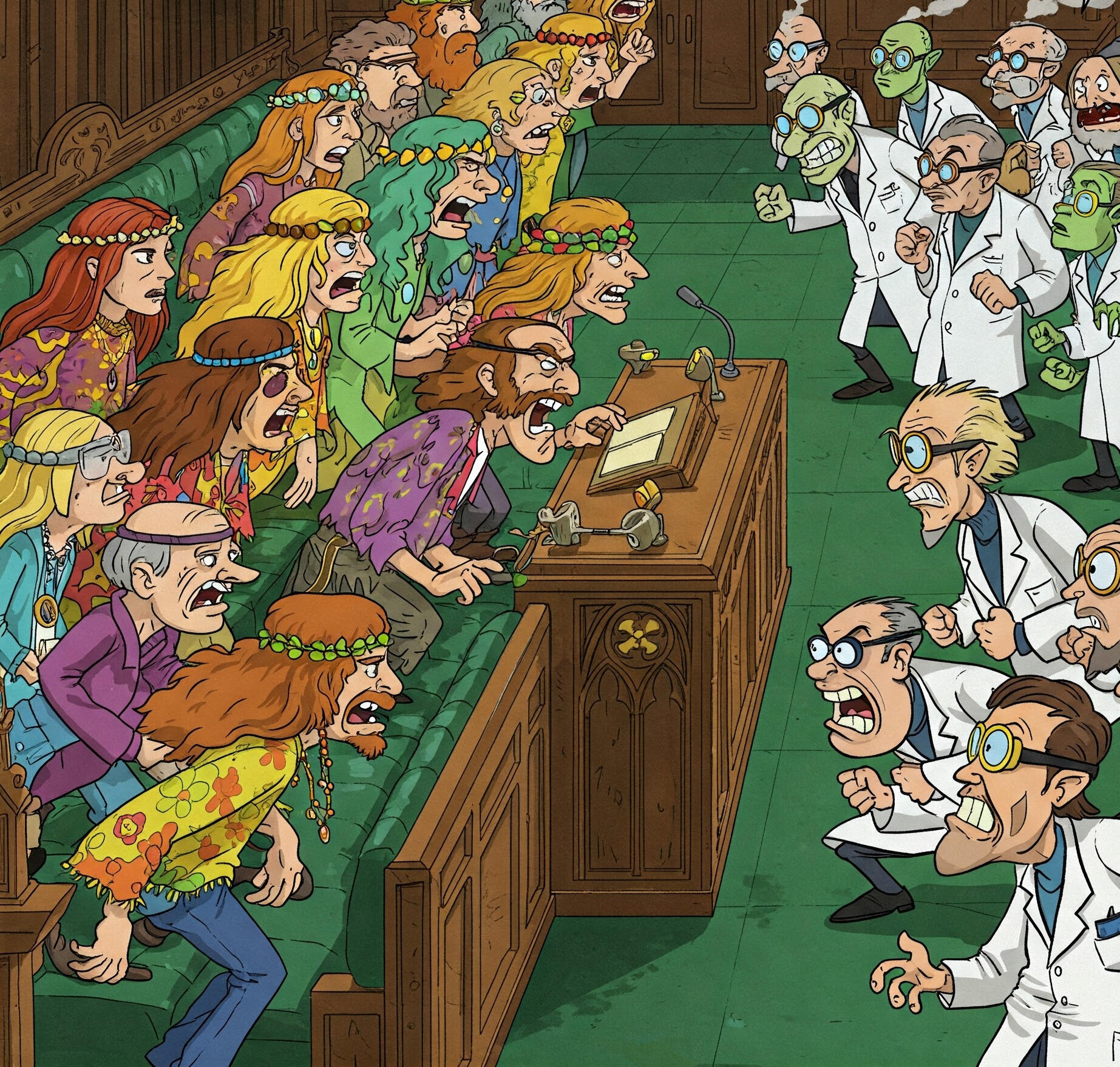
Not so long ago it used to be aptly called "the Enlightenment." It's the exaltation of reason. And it works imperfectly but very effectively.
Originally published on HackerNoon.com.
More
